Top Neoclassicism Artists
-
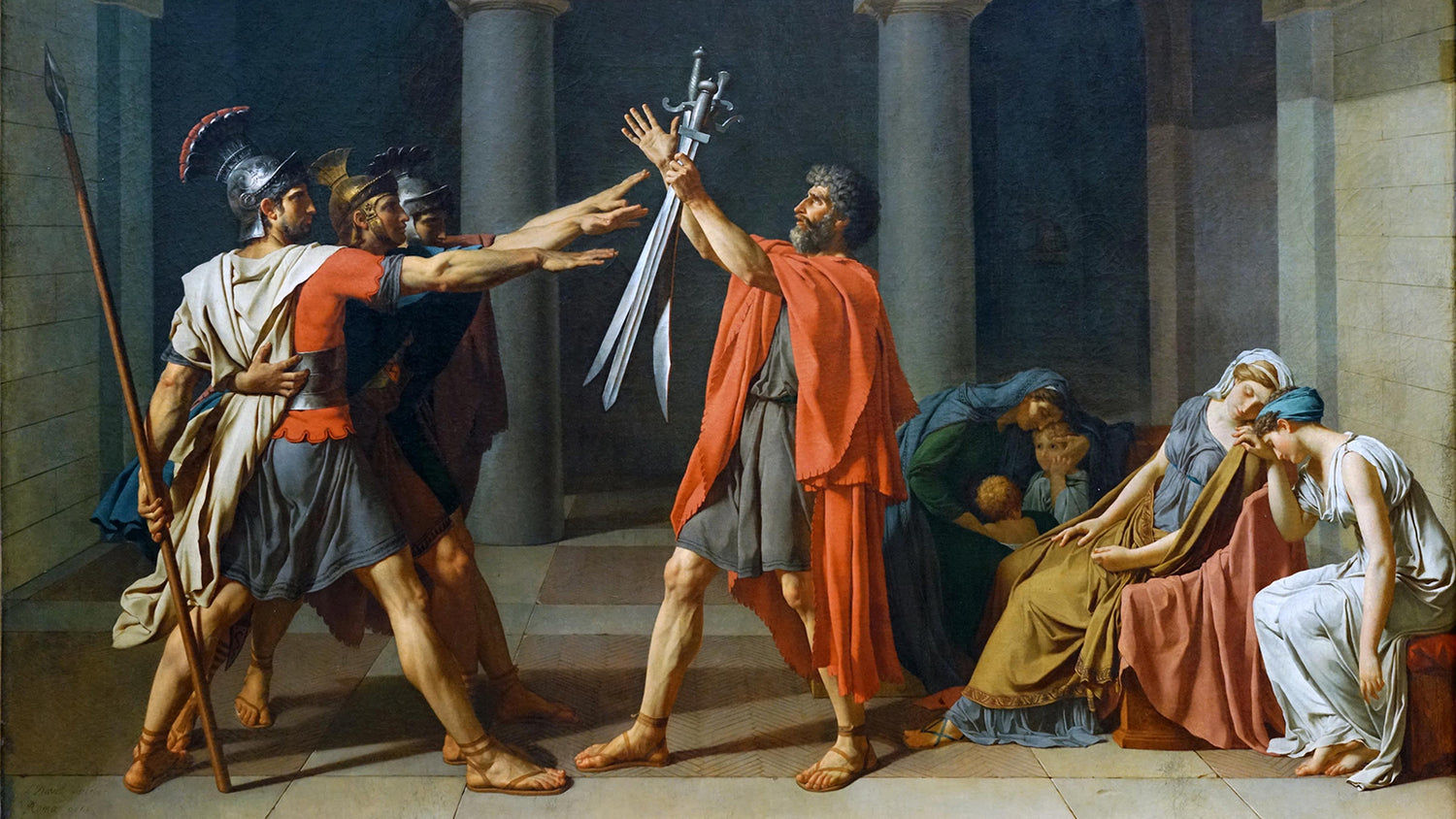
Jacques Louis David
Jacques-Louis David (1748-1825) was a French painter who is considered one of...
-
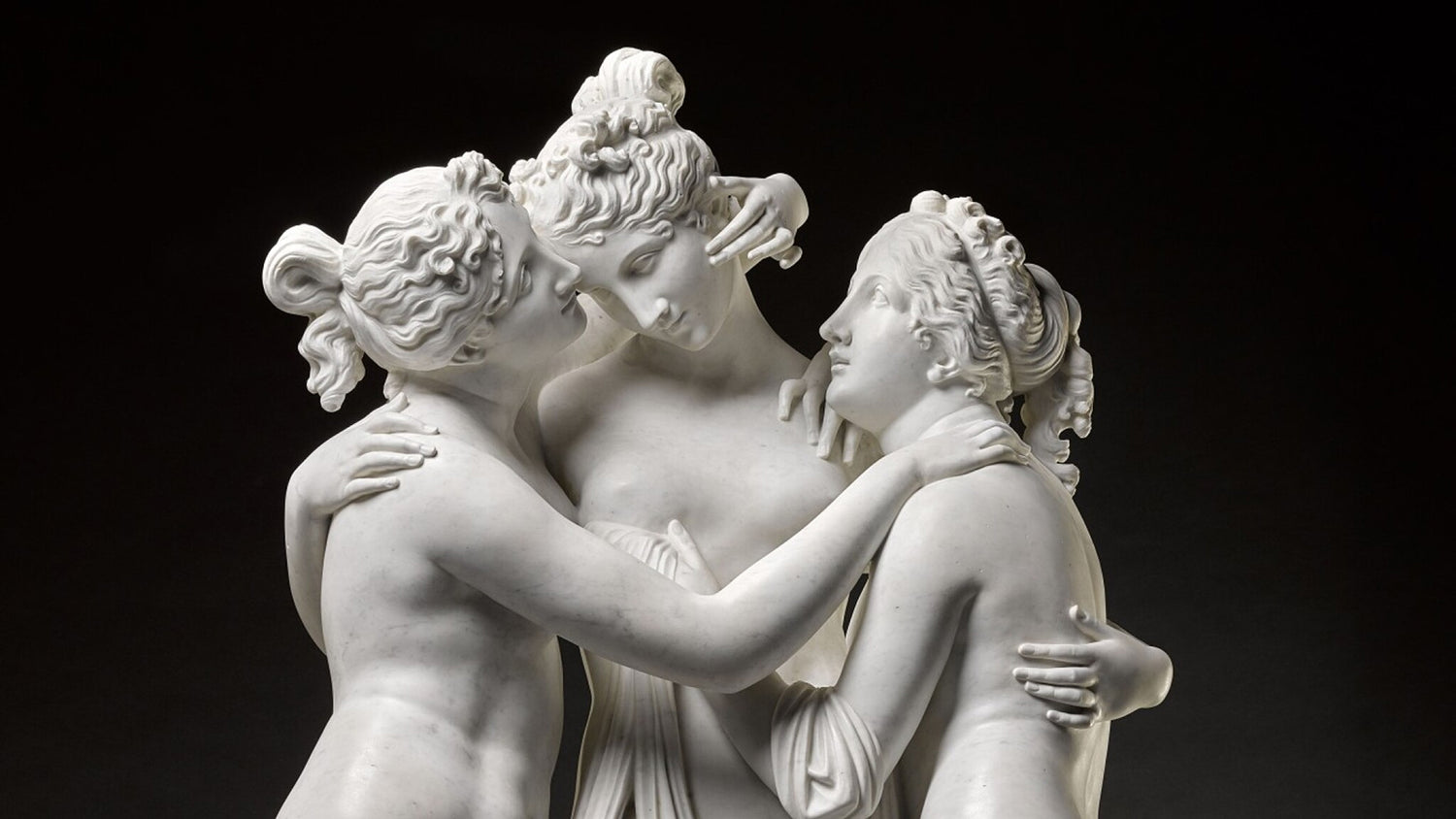
Antonio Canova
Antonio Canova (1757-1822) was an Italian sculptor and one of the most...
-
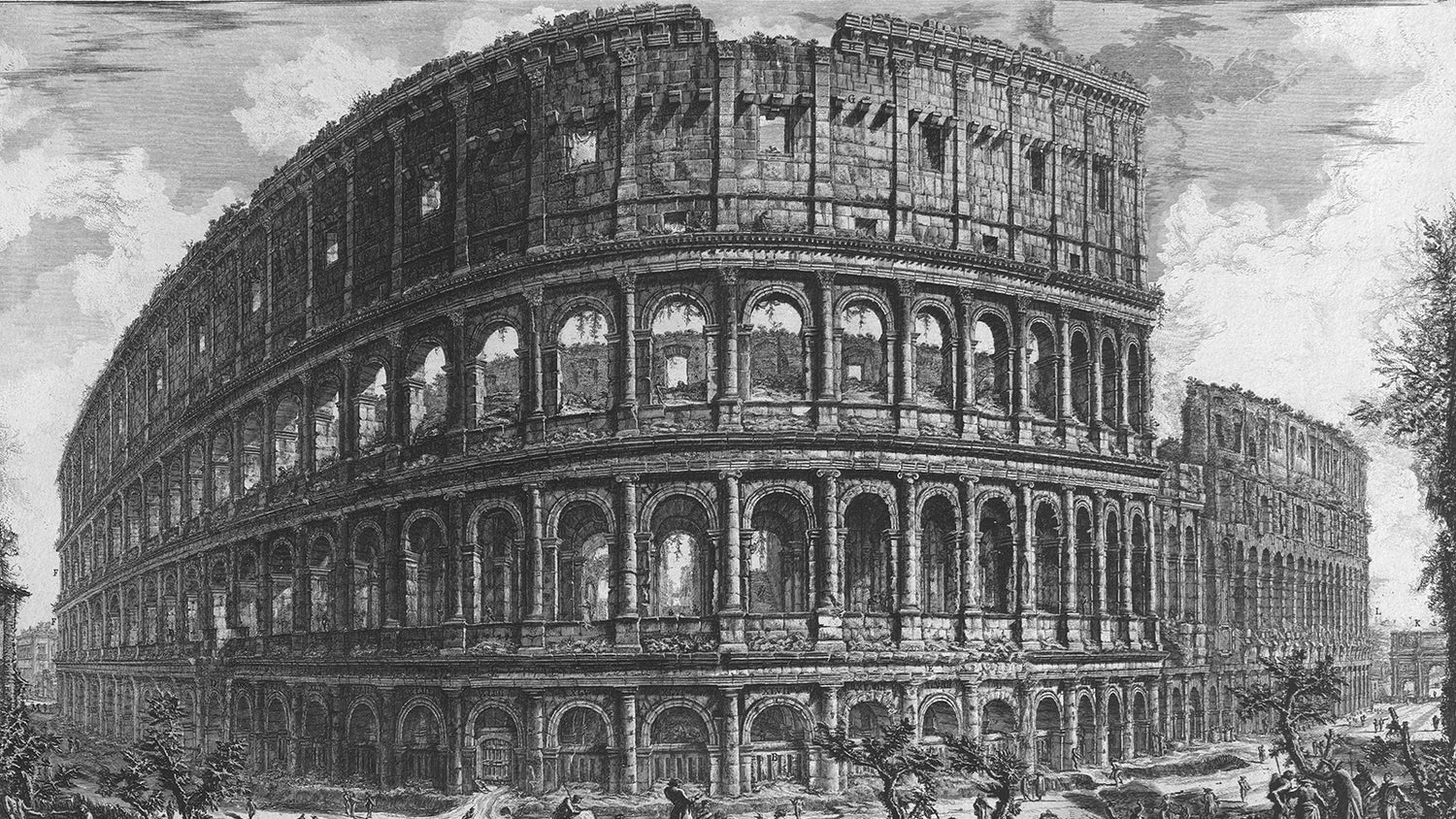
Giovanni Battista Piranesi
Giovanni Battista Piranesi (1720-1778) was an Italian artist, architect, and engraver known...
-
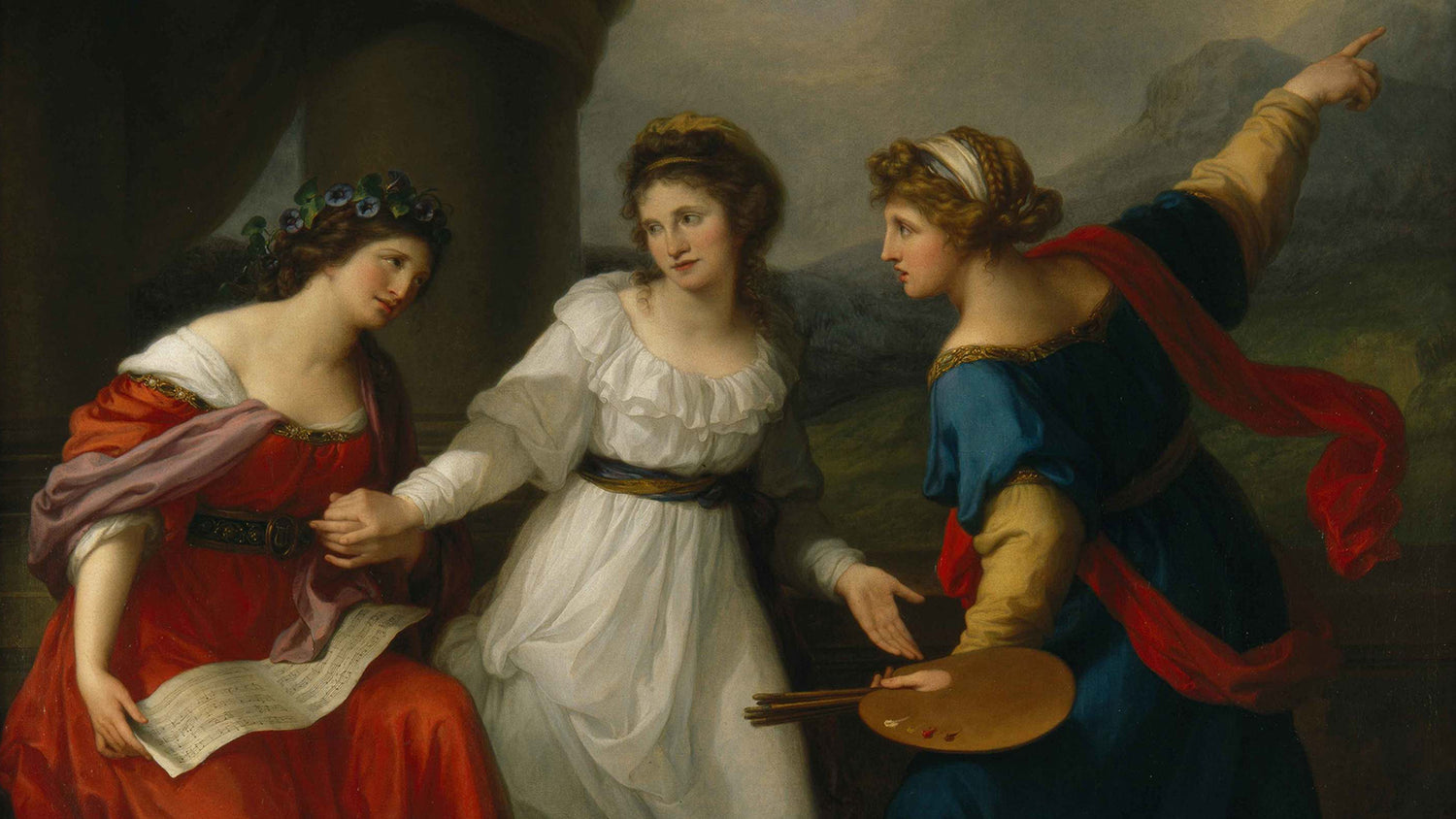
Angelica Kauffman
Angelica Kauffman (1741-1807) was a Swiss-Austrian painter and one of the most...
-
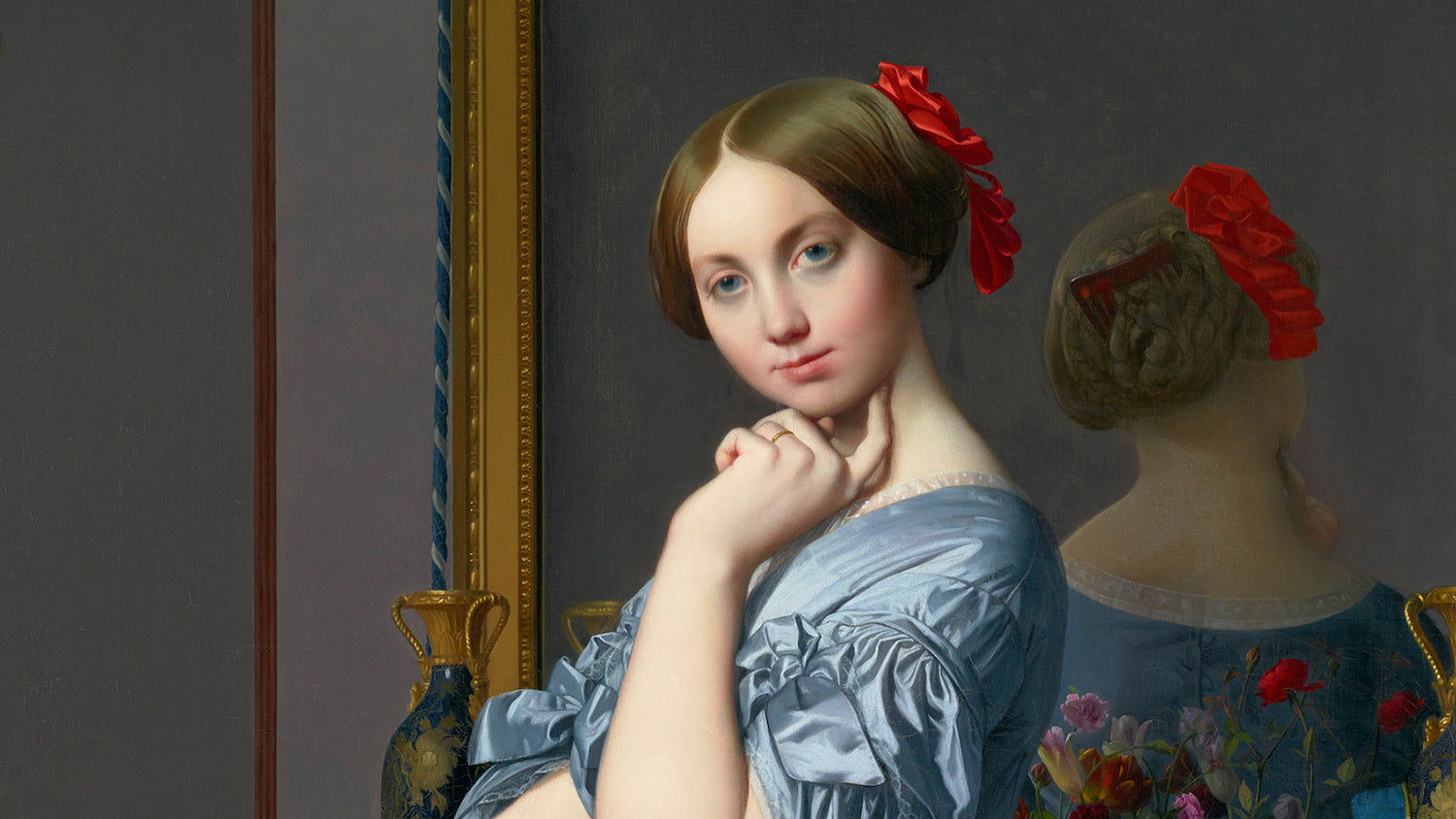
Jean Auguste Dominique Ingres
Jean Auguste Dominique Ingres (1780-1867) was a French painter known for his...
-
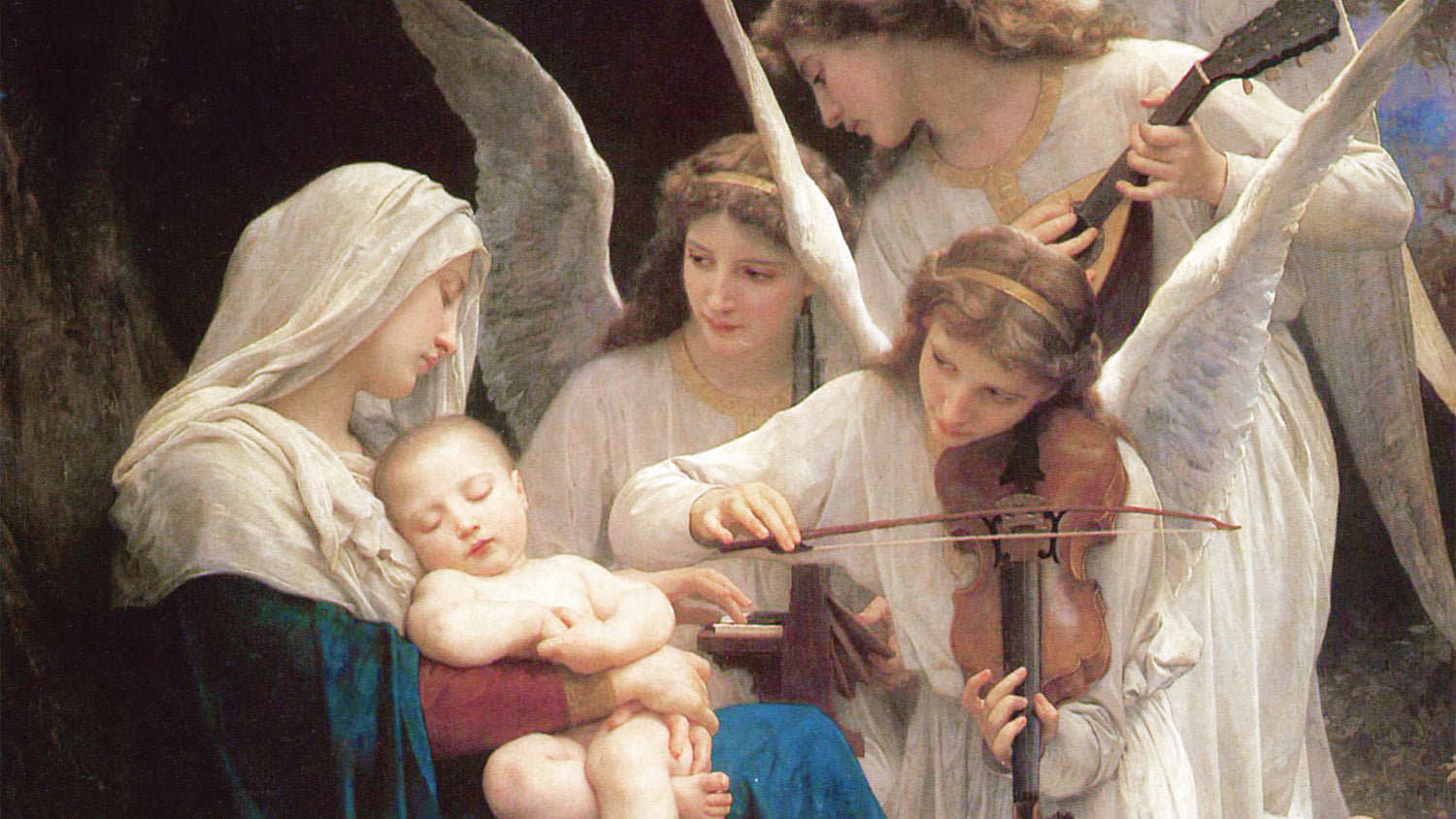
William-Adolphe Bouguereau
William-Adolphe Bouguereau was a French academic painter who gained international fame for...
-
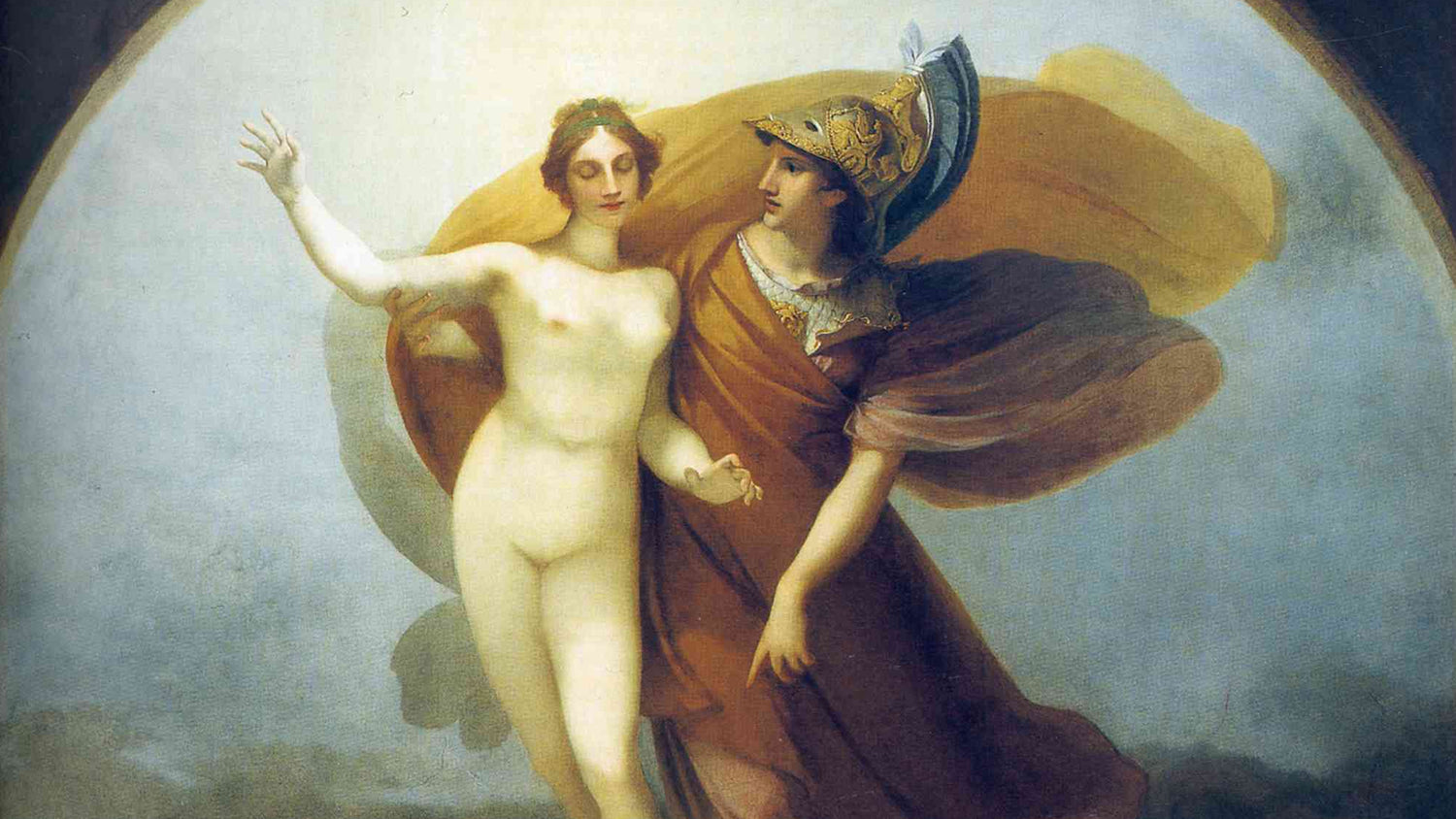
Pierre Paul Prud'hon
Pierre Paul Prud'hon (1758-1823) was a French painter and draughtsman associated with...
-
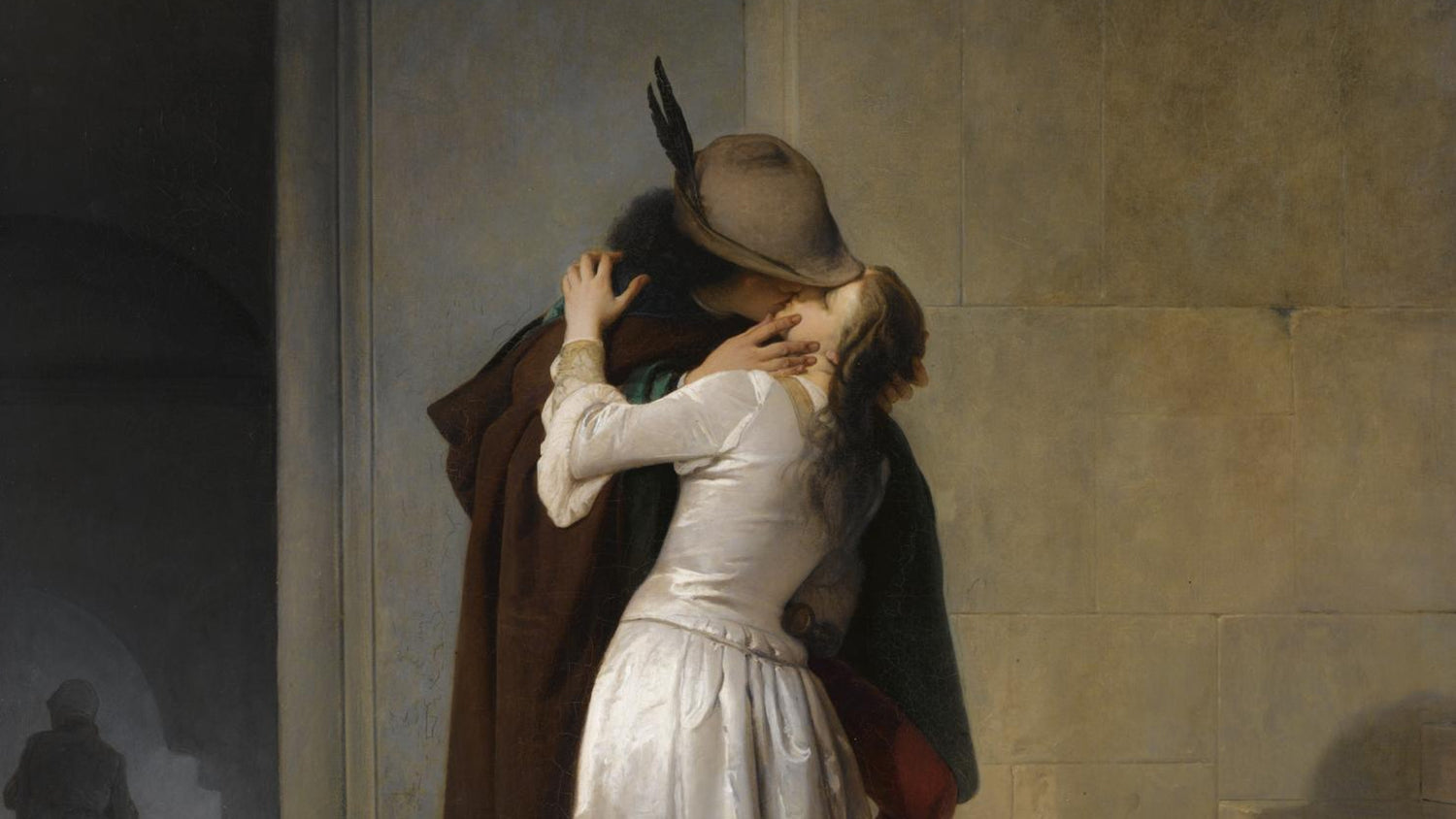
Francesco Hayez
Francesco Hayez (1791-1882) was an Italian painter who specialized in historical and...
-
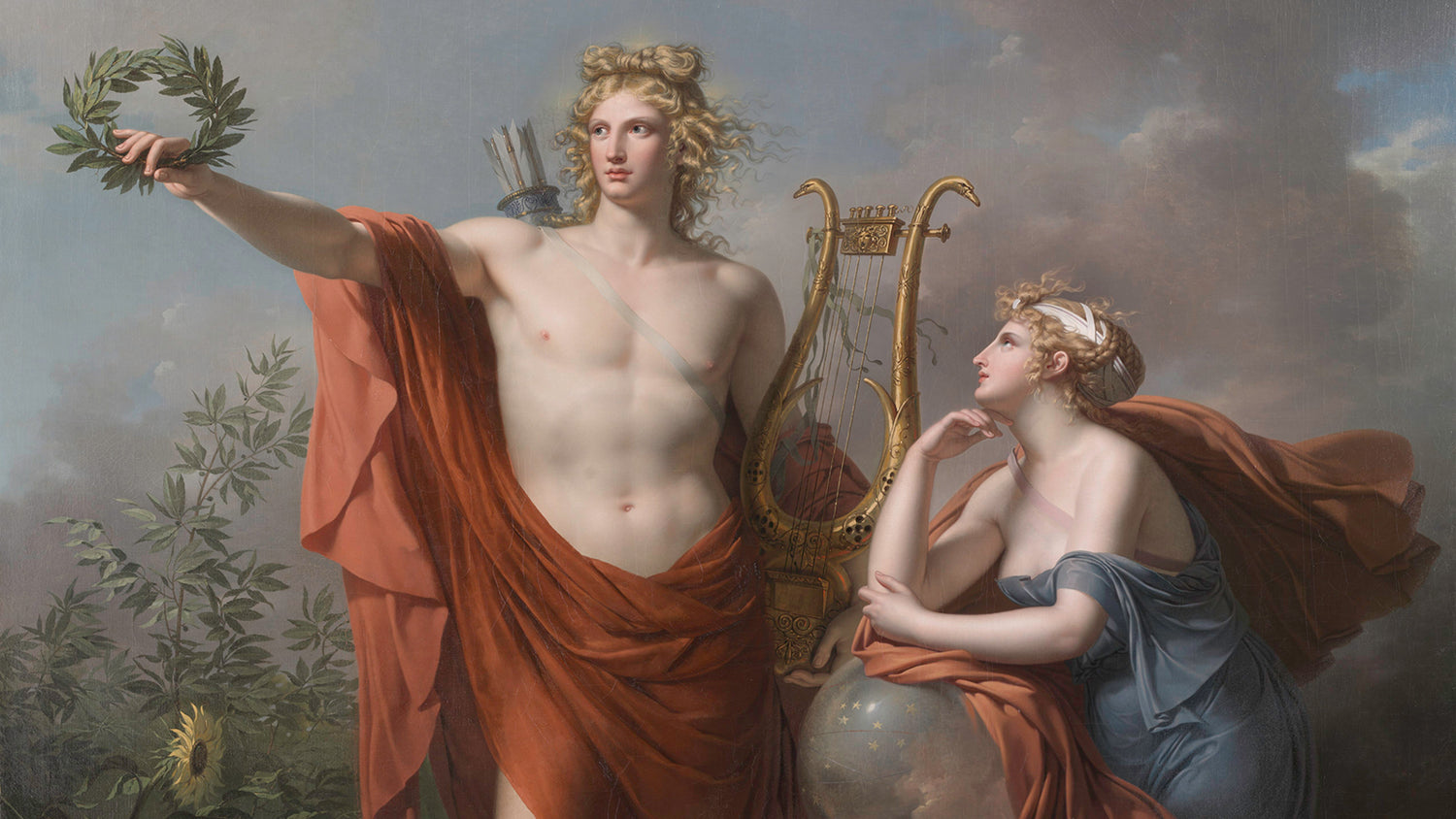
Christoffer Wilhelm Eckersberg
Christoffer Wilhelm Eckersberg (1783-1853) was a Danish painter who is known for...
-
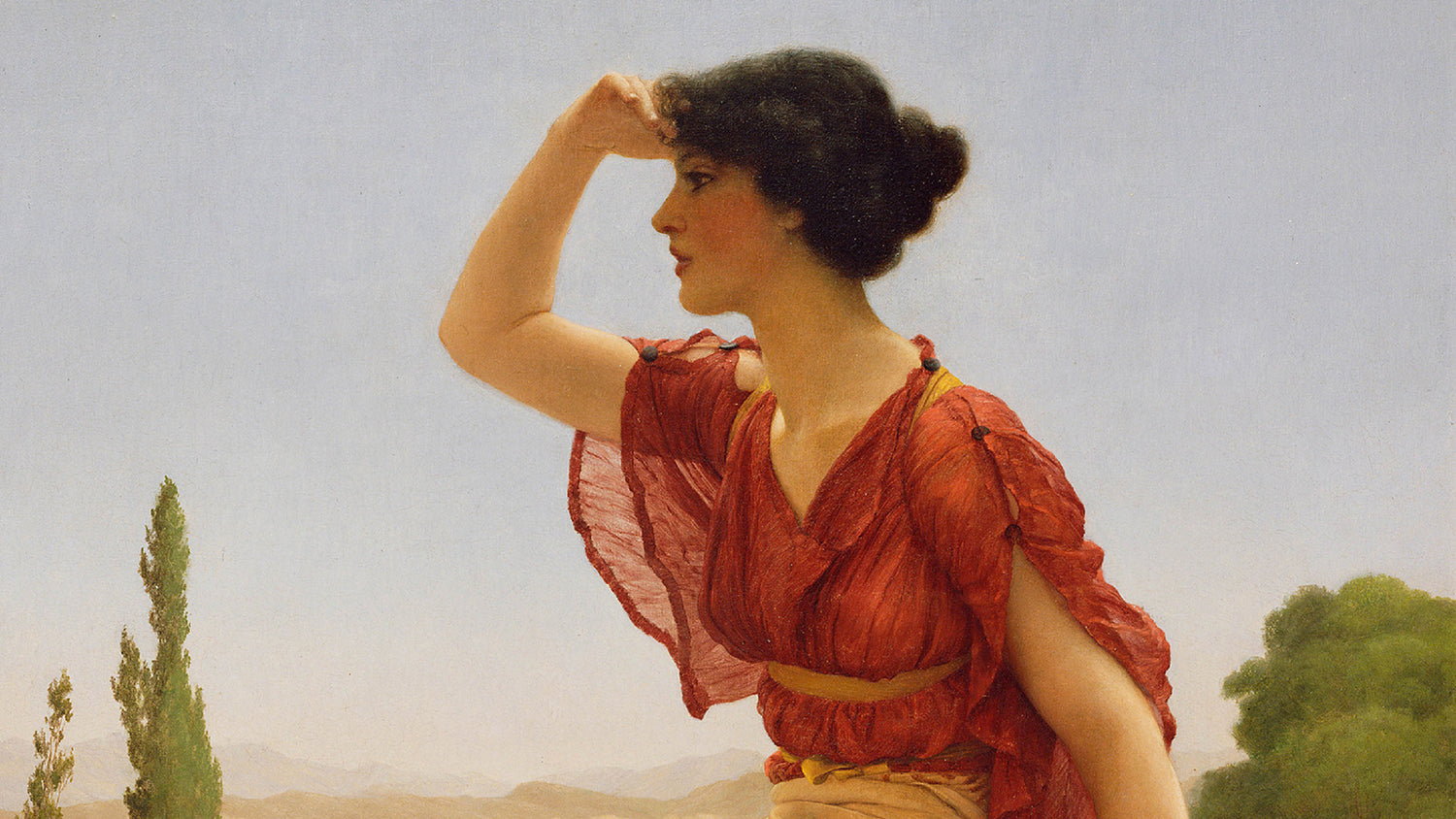
John William Godward
John William Godward (1861-1922) was an English Neo-Classical painter known for his...
-

Yannoulis Chalepas
Yannoulis Chalepas (1851-1938) was a Greek sculptor known for his emotionally charged,...
-
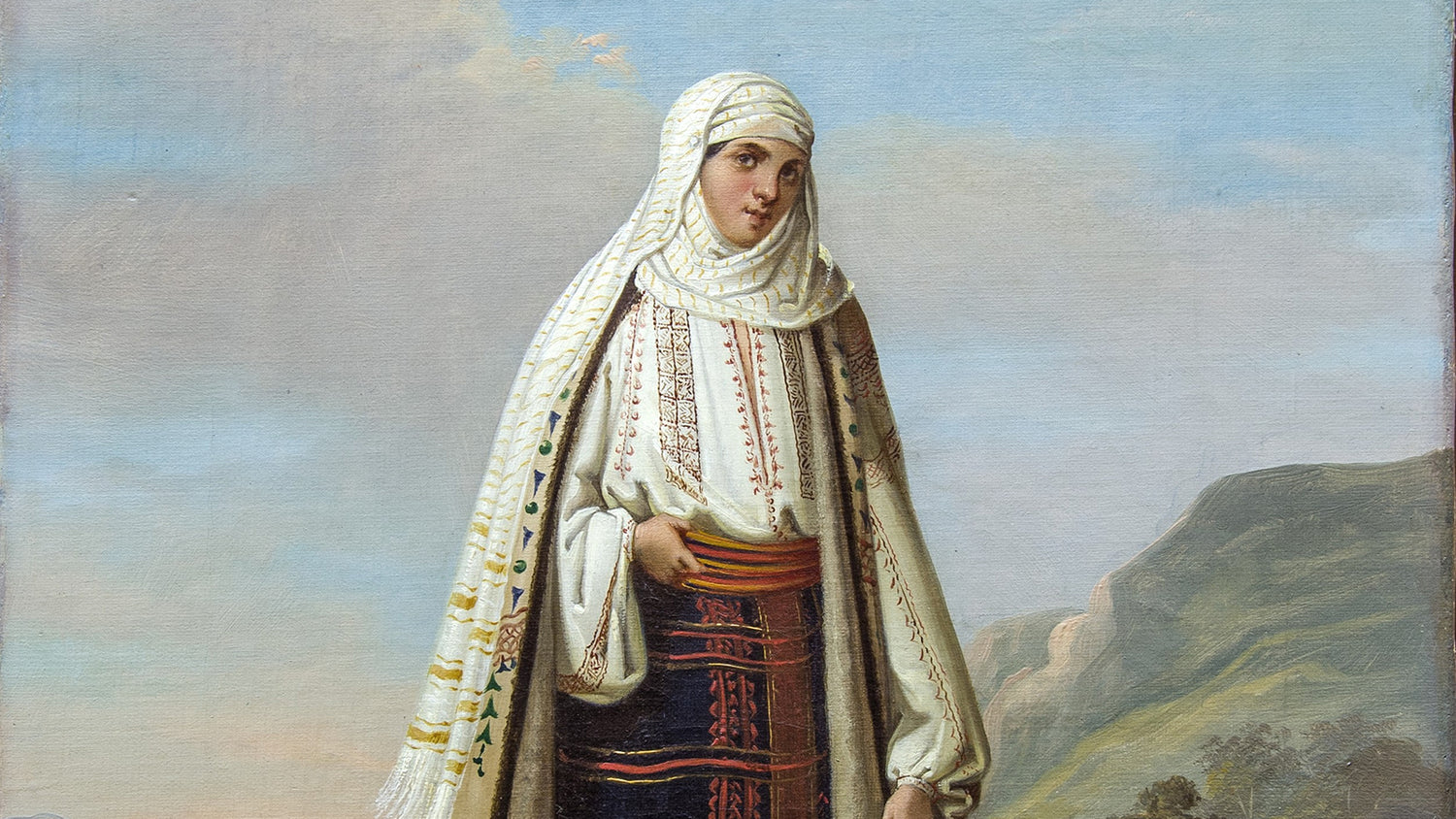
Gheorghe Tattarescu
Gheorghe Tattarescu (1818-1894) was a prominent Romanian painter and one of the...
-
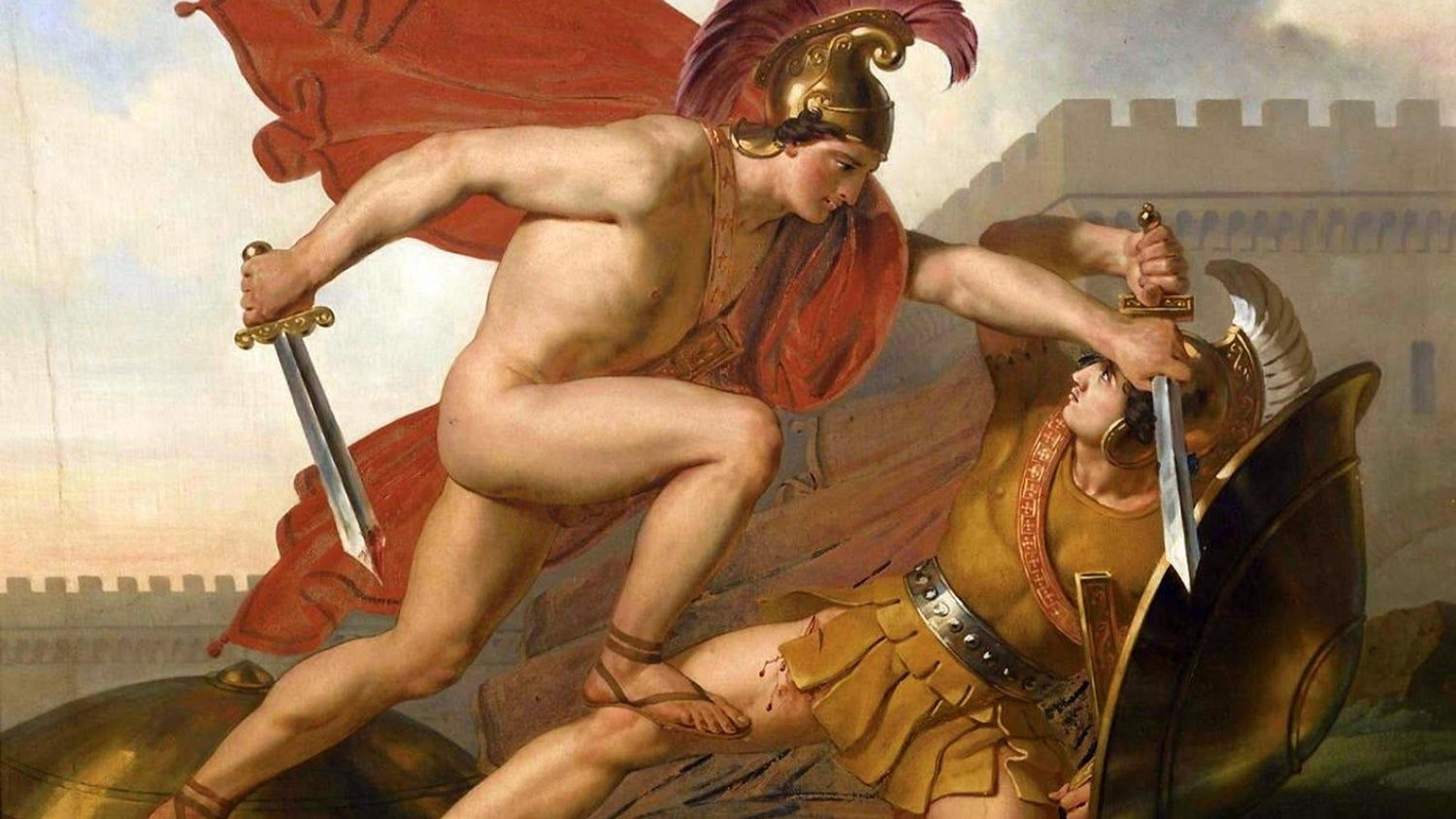
Anne Louis Girodet
Anne Louis Girodet (1767-1824) was a French painter and draftsman who was...
-
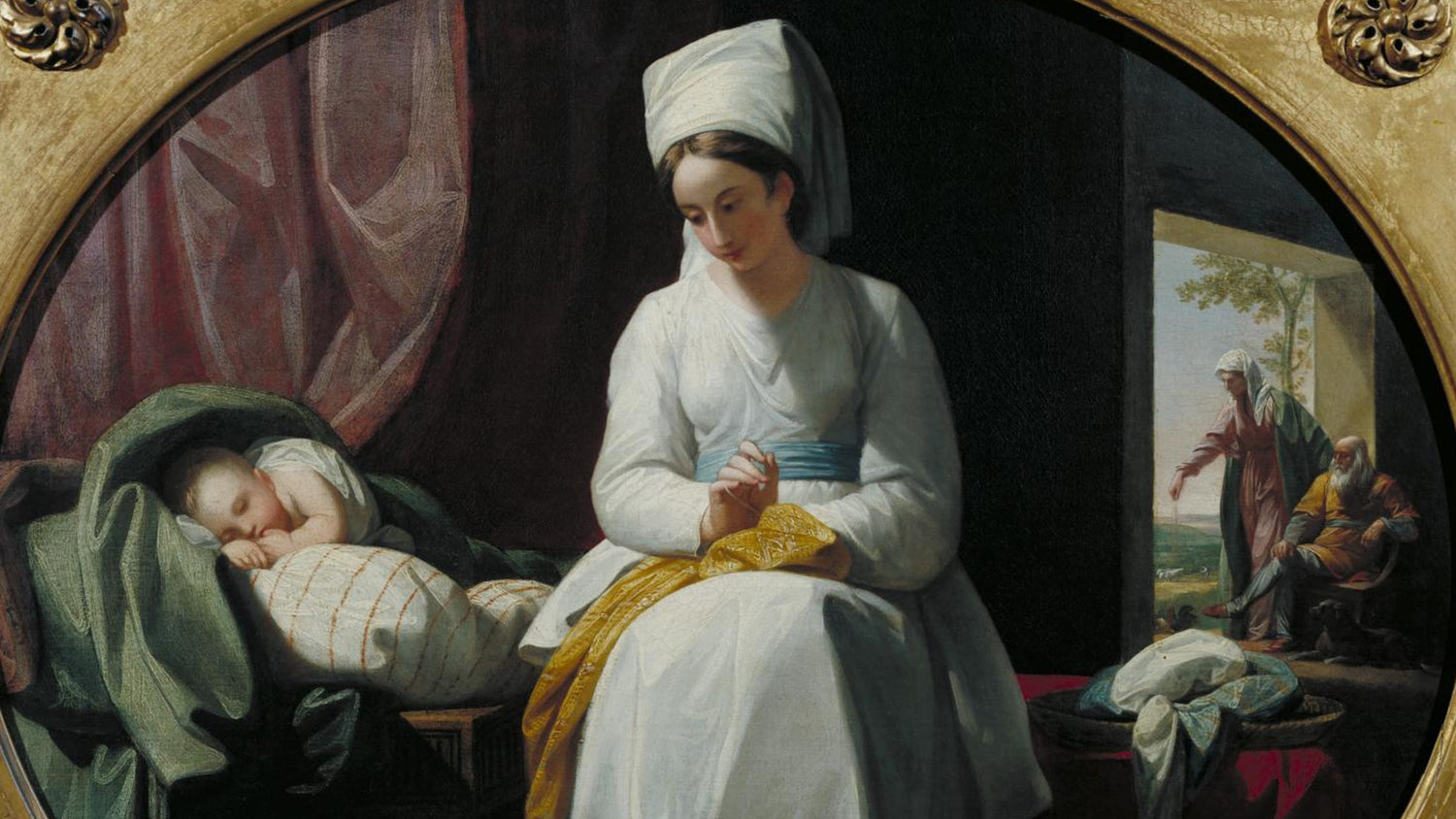
Benjamin West
Benjamin West (1738-1820) was an American-born painter who became a prominent figure...
-
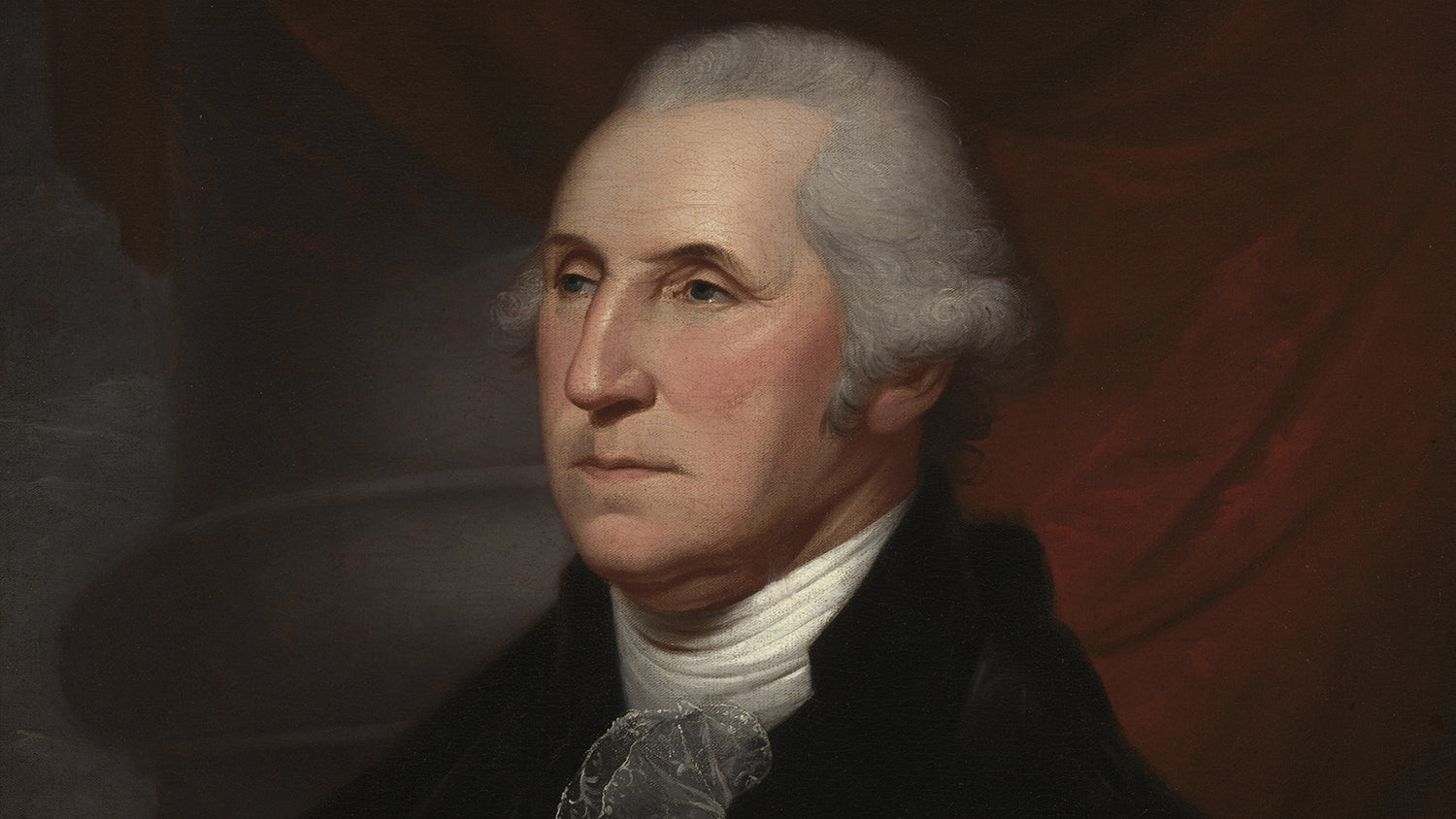
Charles Willson Peale
Charles Willson Peale (1741-1827) was an American painter, naturalist, and museum proprietor...
-
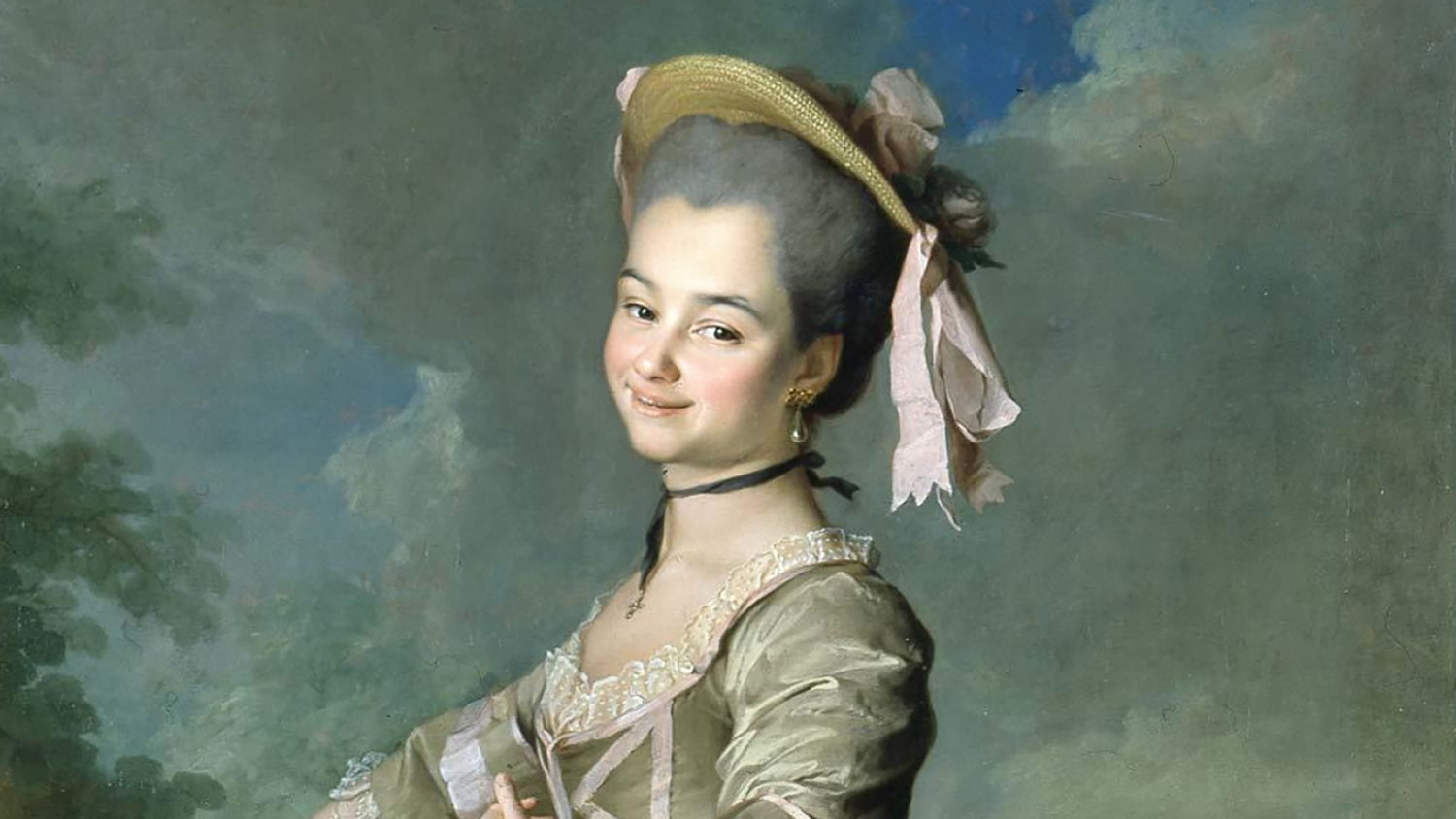
Dmitry Levitzky
Dmitry Levitzky (1735-1822) was a Ukrainian-born painter who became a prominent figure...
-
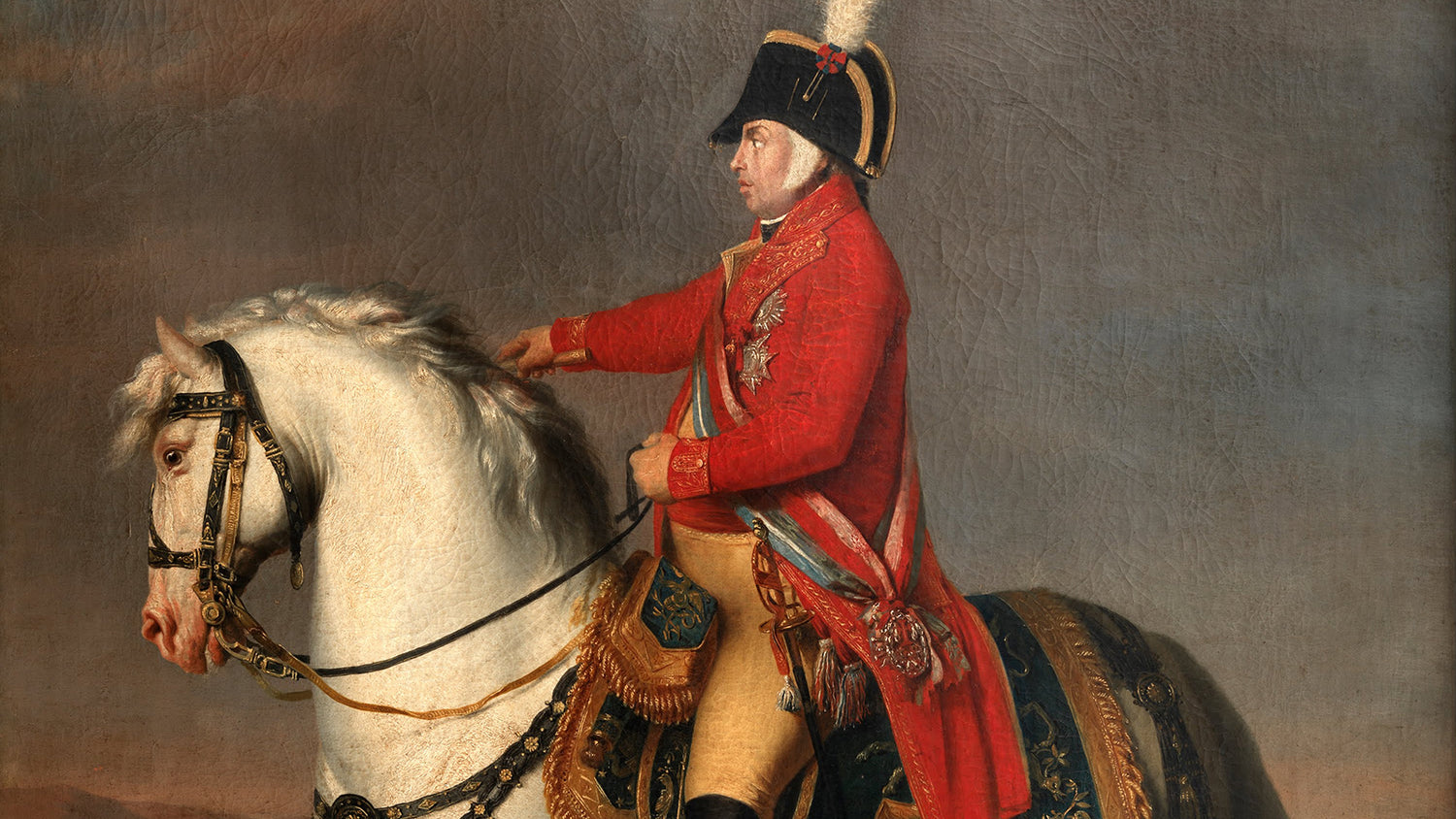
Domingos Sequeira
Domingos Sequeira (1768-1837) was a Portuguese painter who became a prominent figure...
-
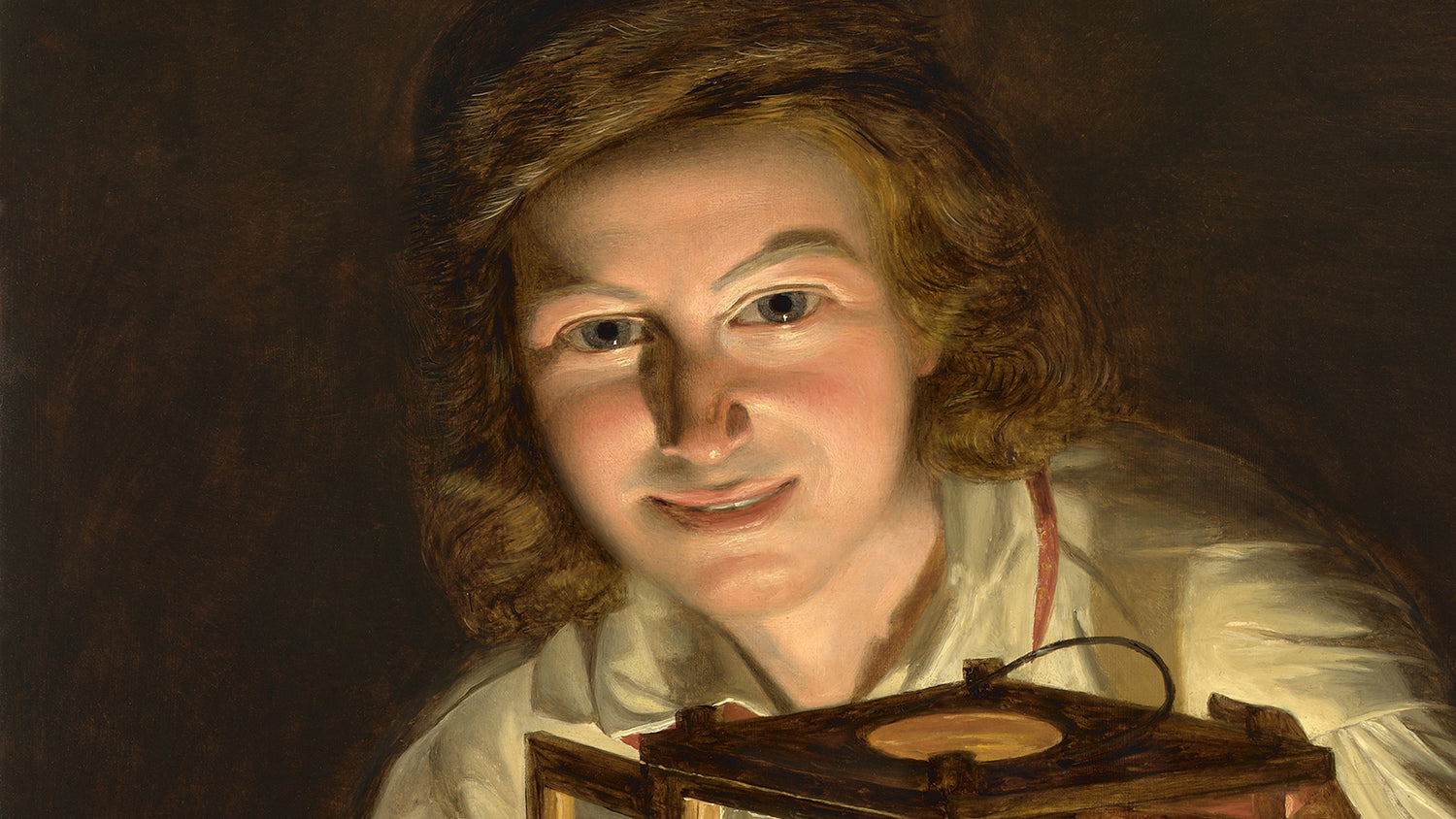
Ferdinand Georg Waldmuller
Ferdinand Georg Waldmuller (1793-1865) was an Austrian painter who became a prominent...
-
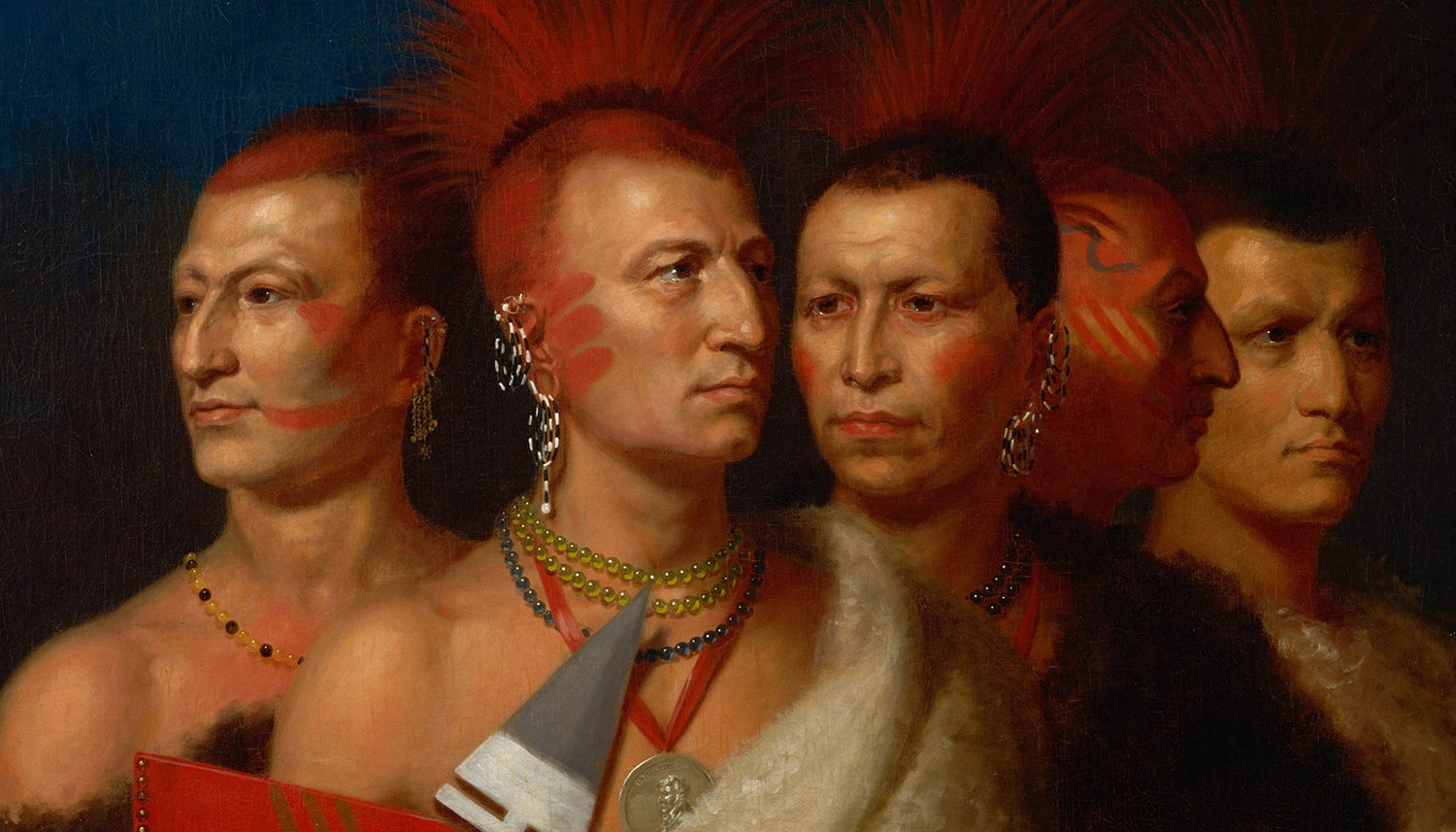
George Catlin
George Catlin (1796-1872) was an American painter and writer who is best...
-
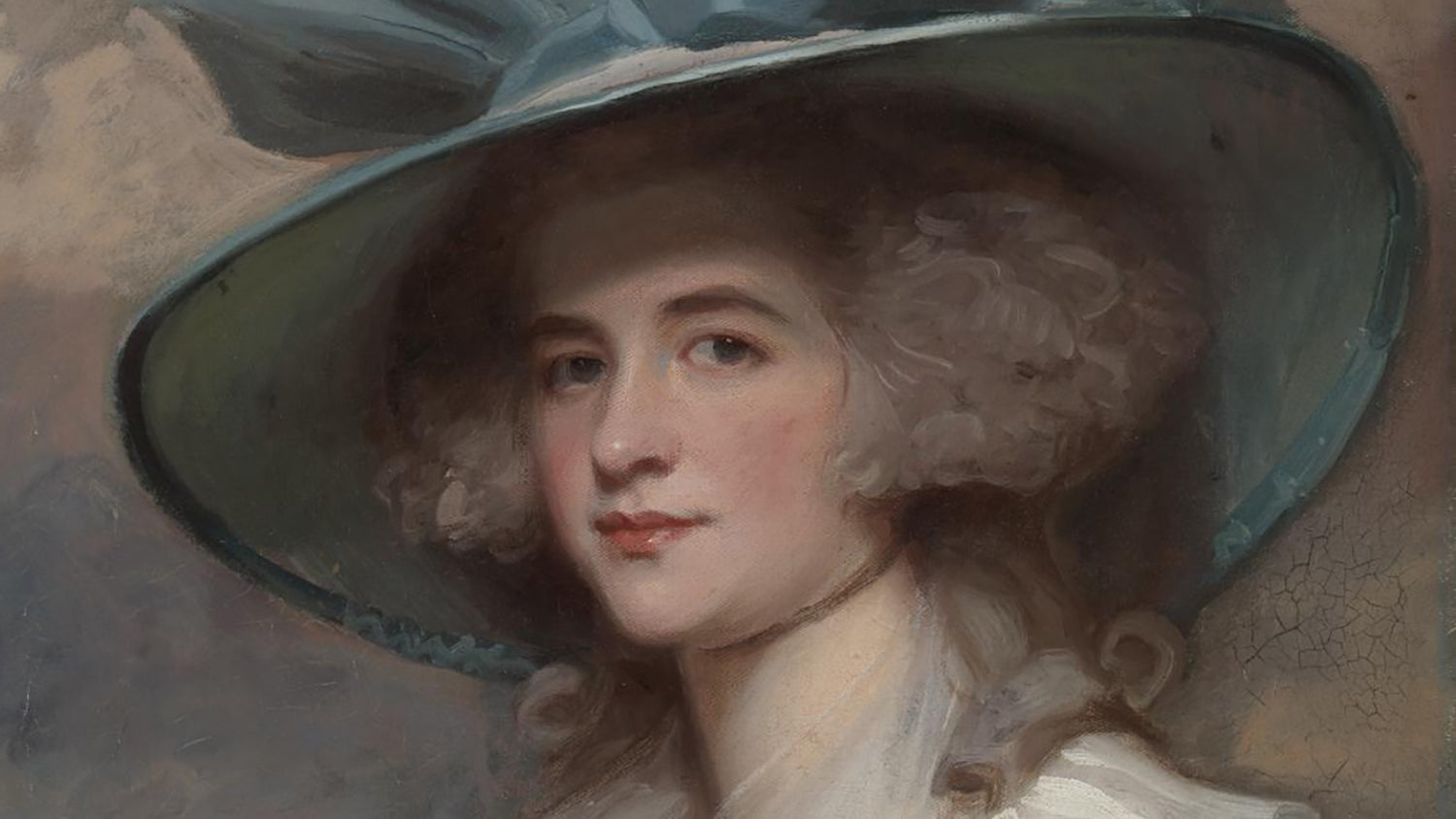
George Romney
George Romney (1734-1802) was an English painter who became a prominent figure...
-
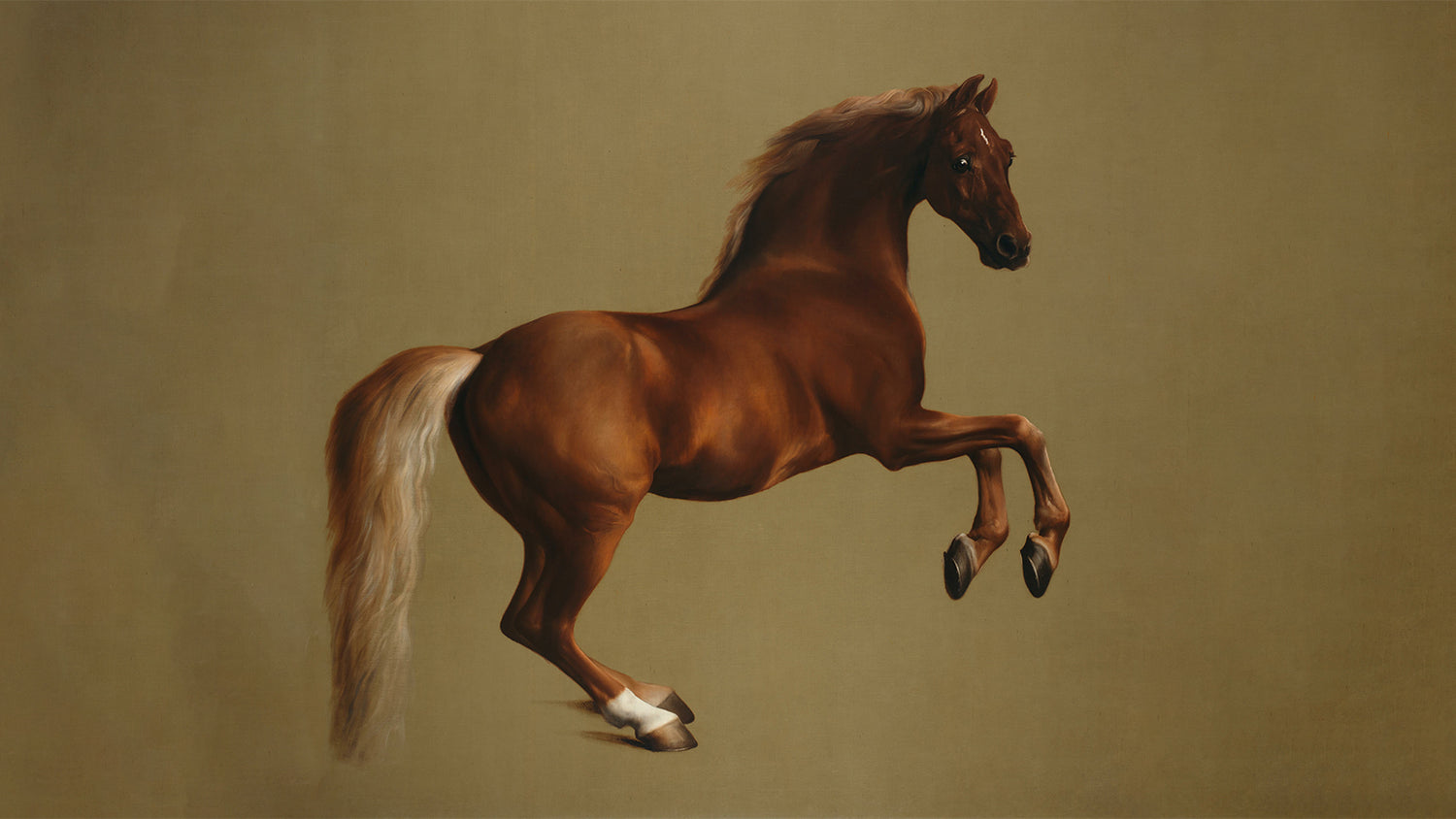
George Stubbs
George Stubbs (1724-1806) was an English painter and anatomist who is best...
-
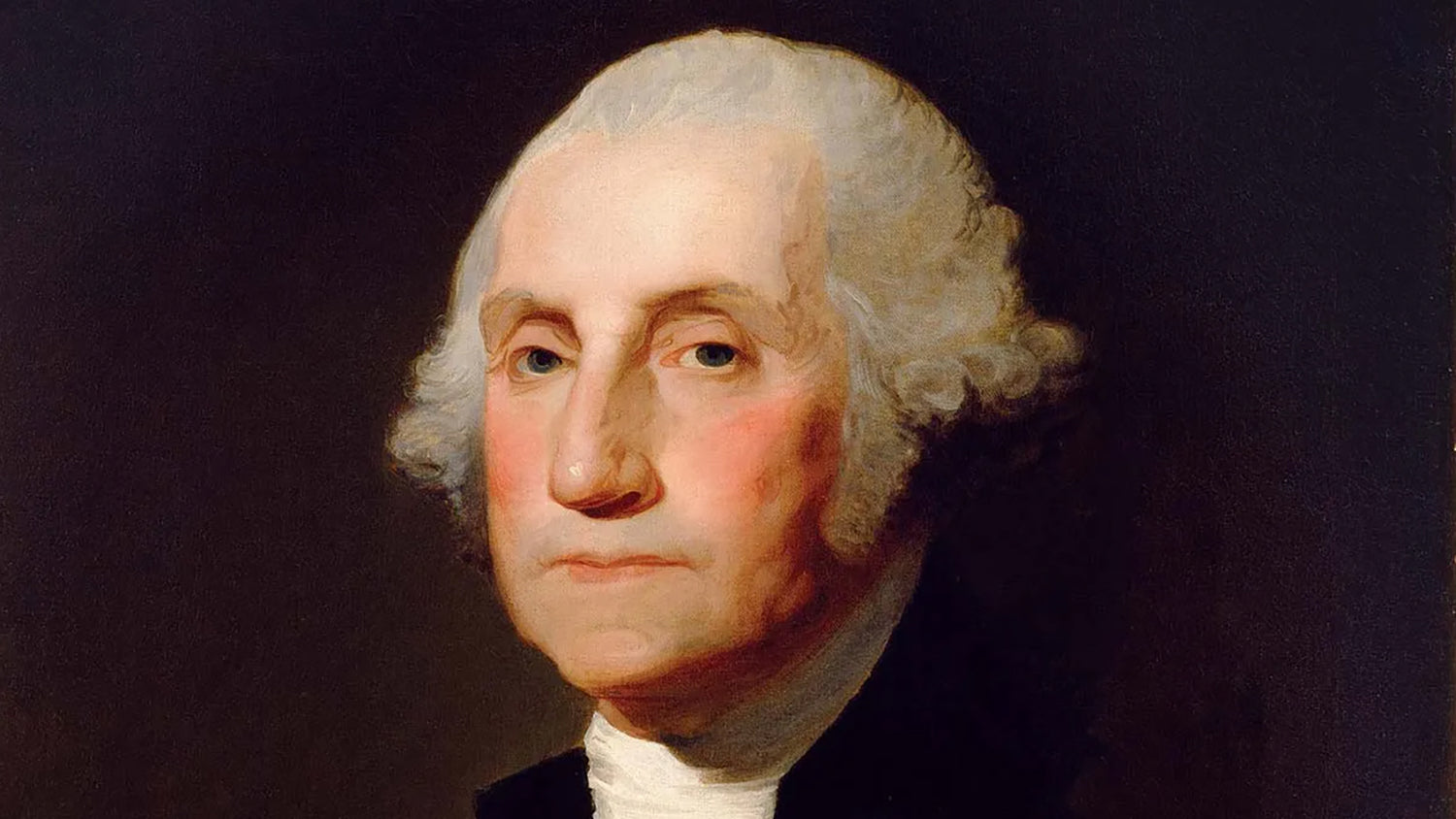
Gilbert Stuart
Gilbert Stuart (1755-1828) was an American painter who became a prominent figure...
-
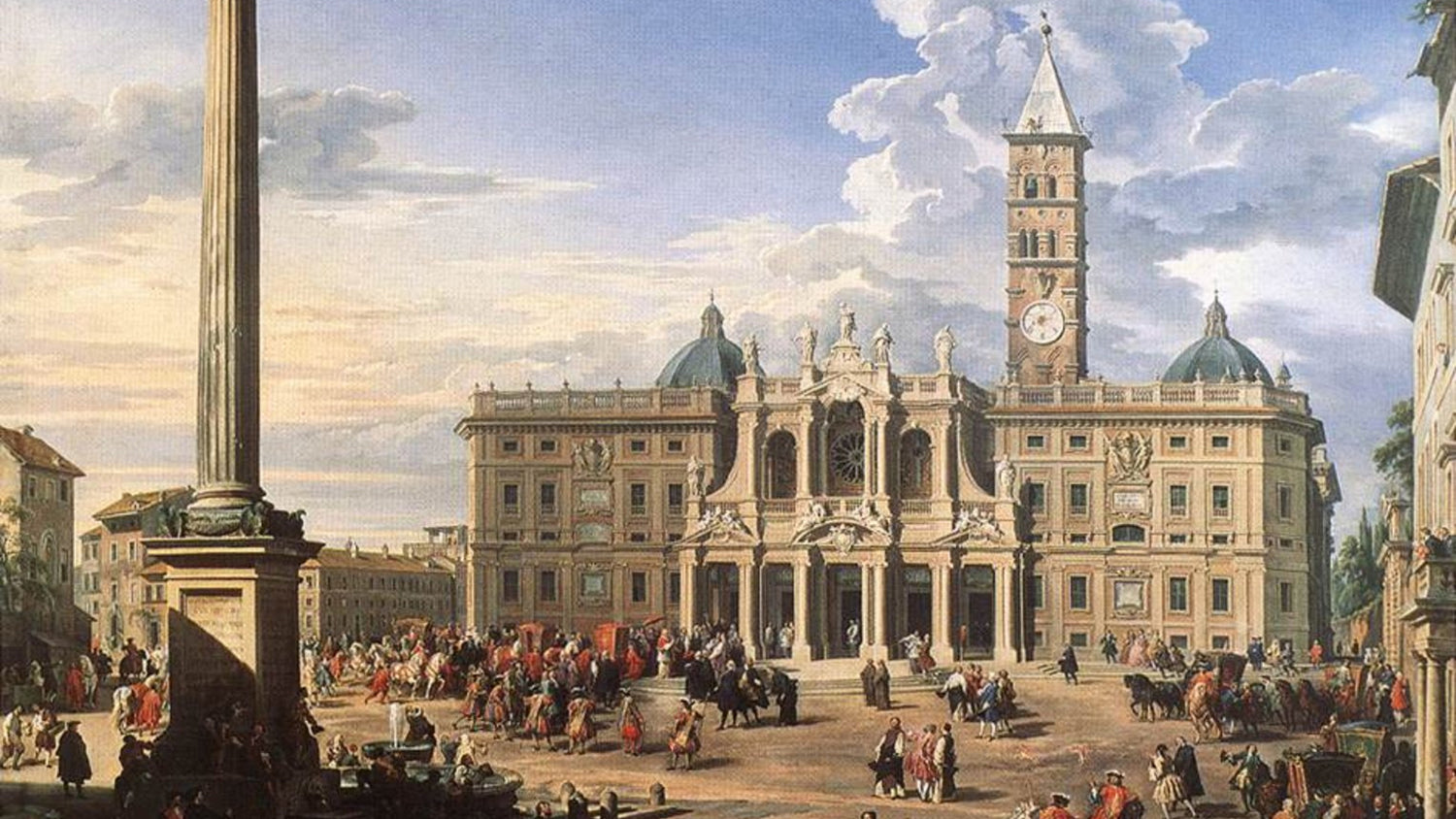
Giovanni Paolo Panini
Giovanni Paolo Panini (1691-1765) was an Italian painter and architect who is...
-
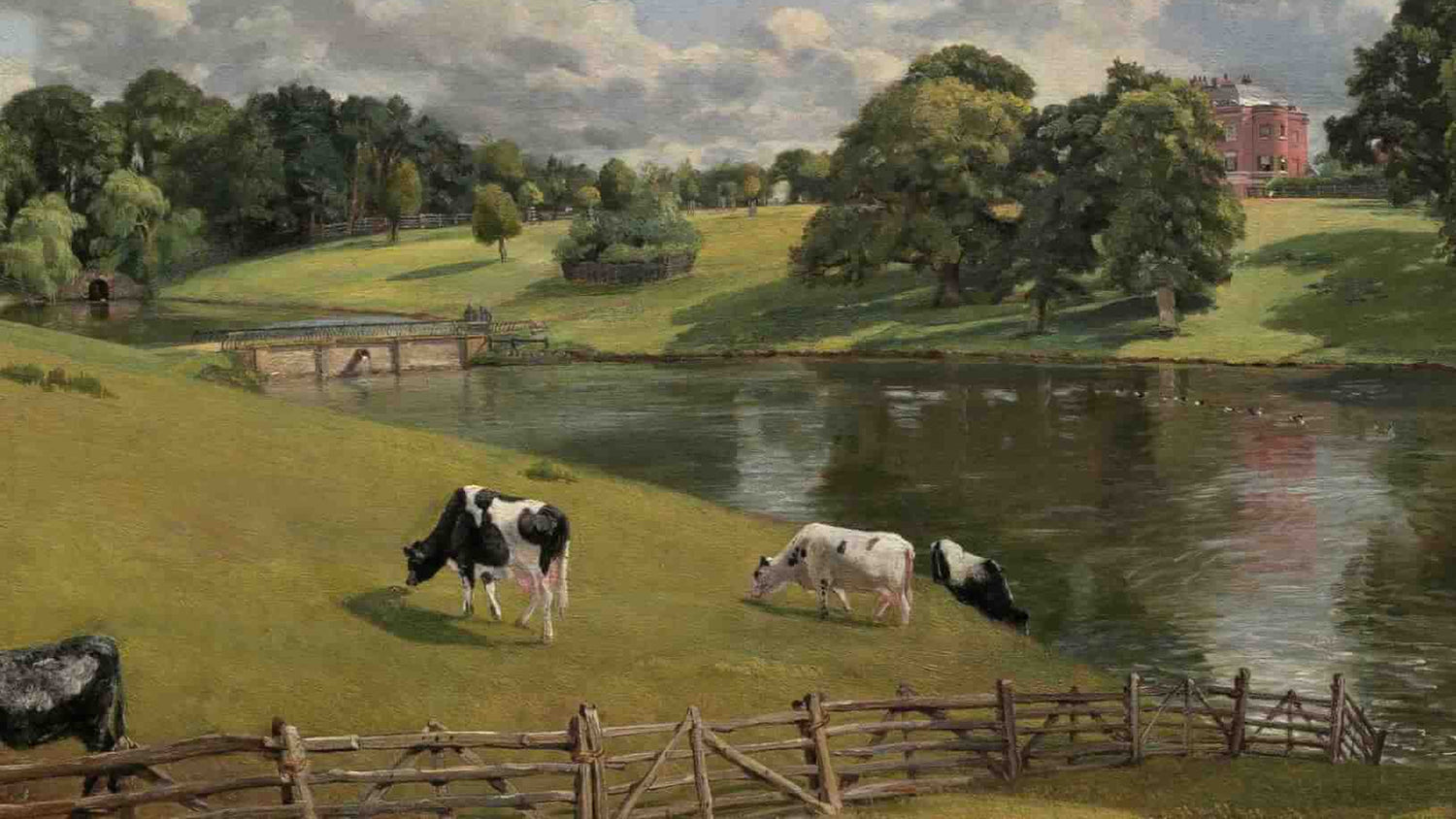
John Constable
John Constable (1776-1837) was an English landscape painter and one of the...
-
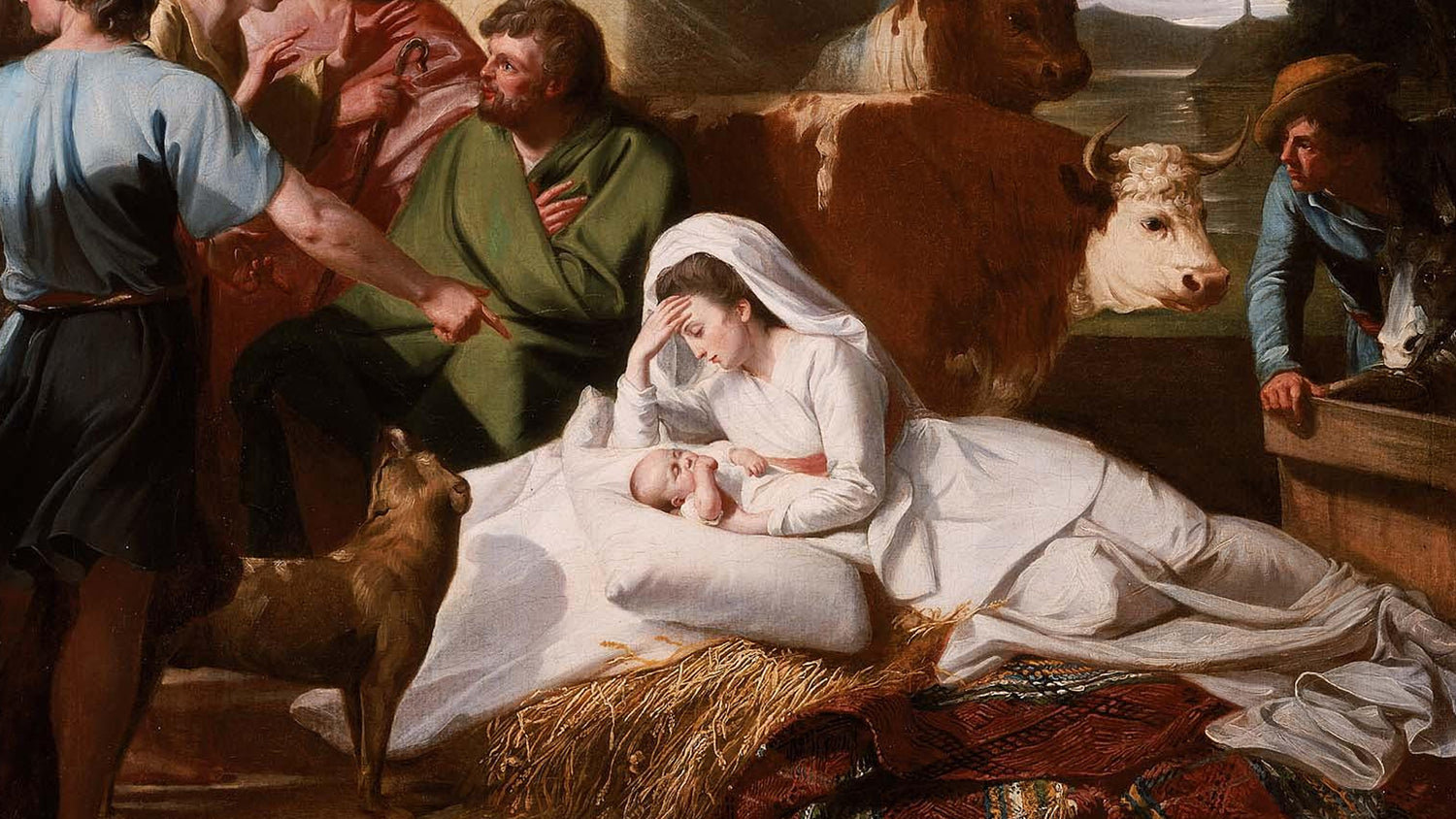
John Singleton Copley
John Singleton Copley (1738-1815) was an American painter who became a prominent...
-
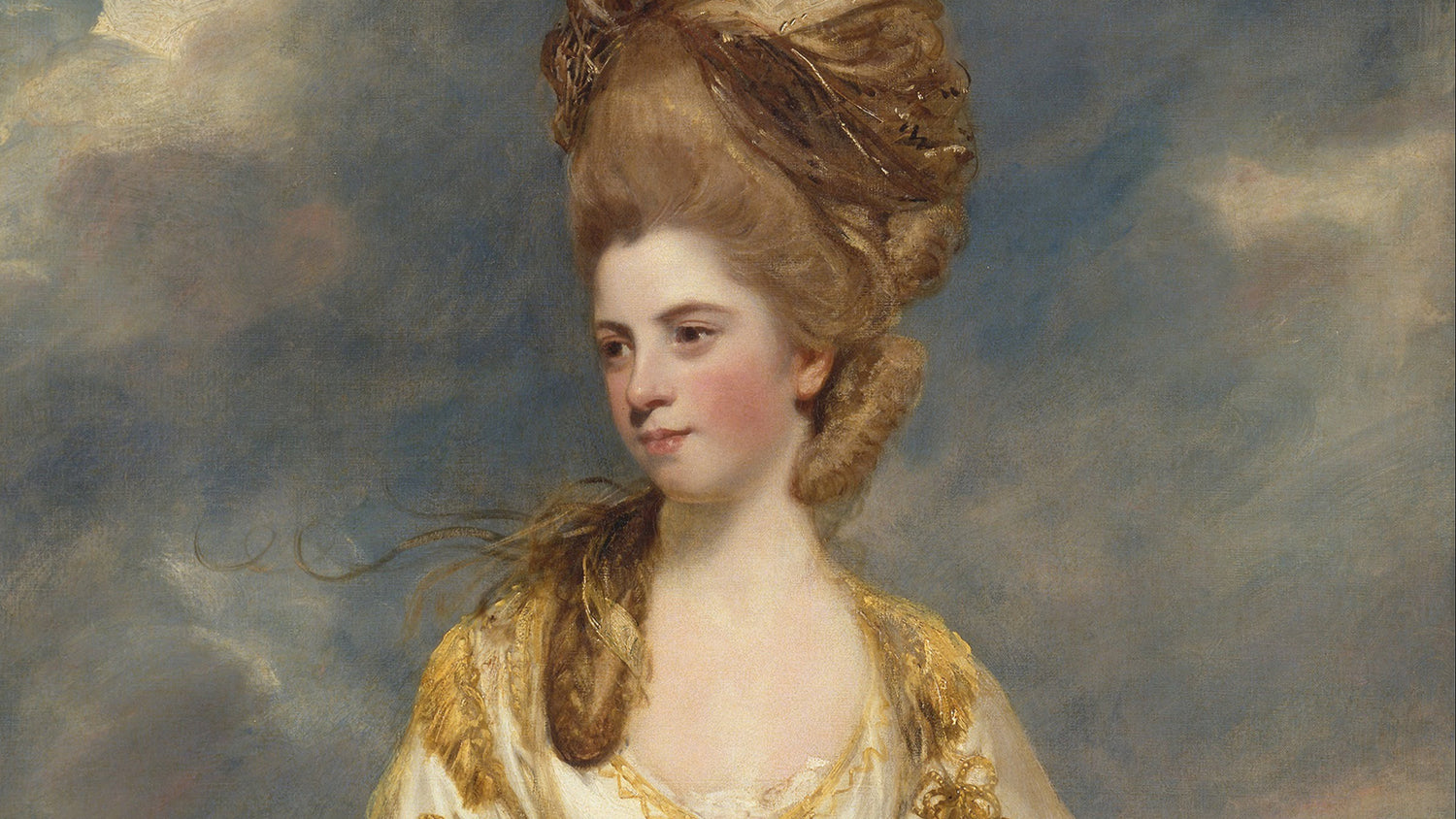
Joshua Reynolds
Joshua Reynolds (1723-1792) was an English painter who became a prominent figure...
-
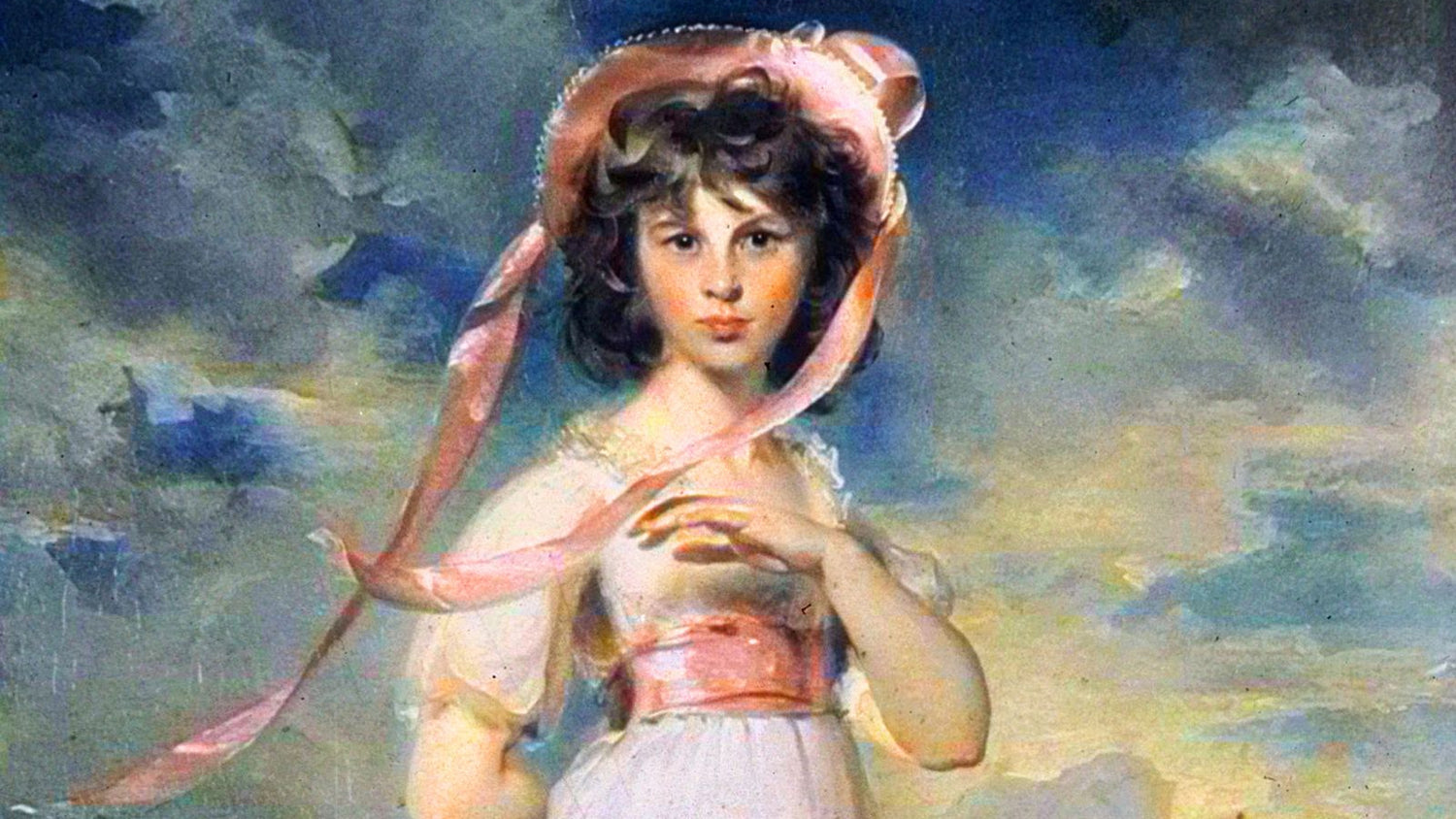
Thomas Lawrence
Sir Thomas Lawrence (1769-1830) was an English portrait painter who was one...
-
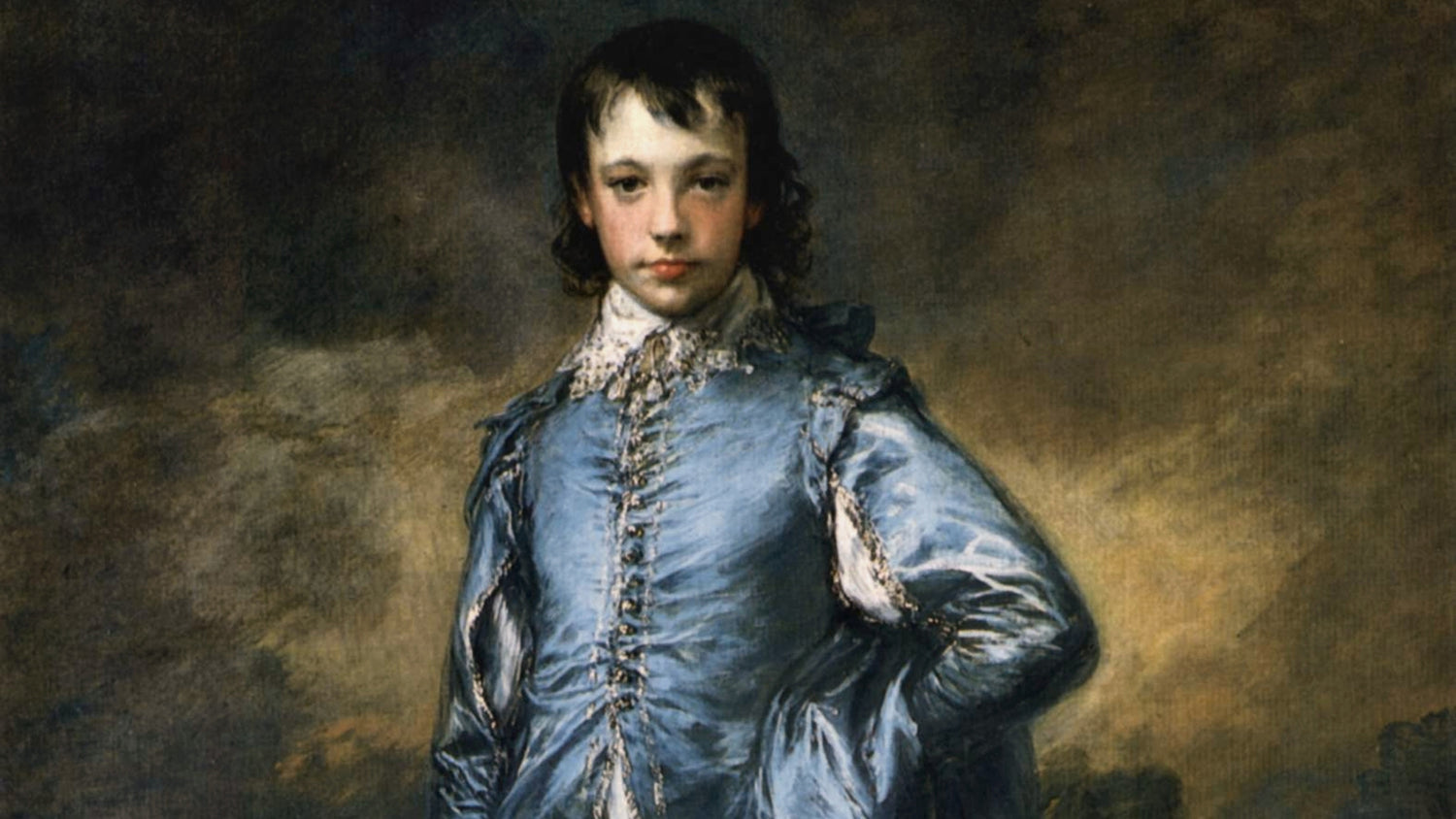
Thomas Gainsborough
Thomas Gainsborough (1727-1788) was a prominent English portrait and landscape painter of...
-
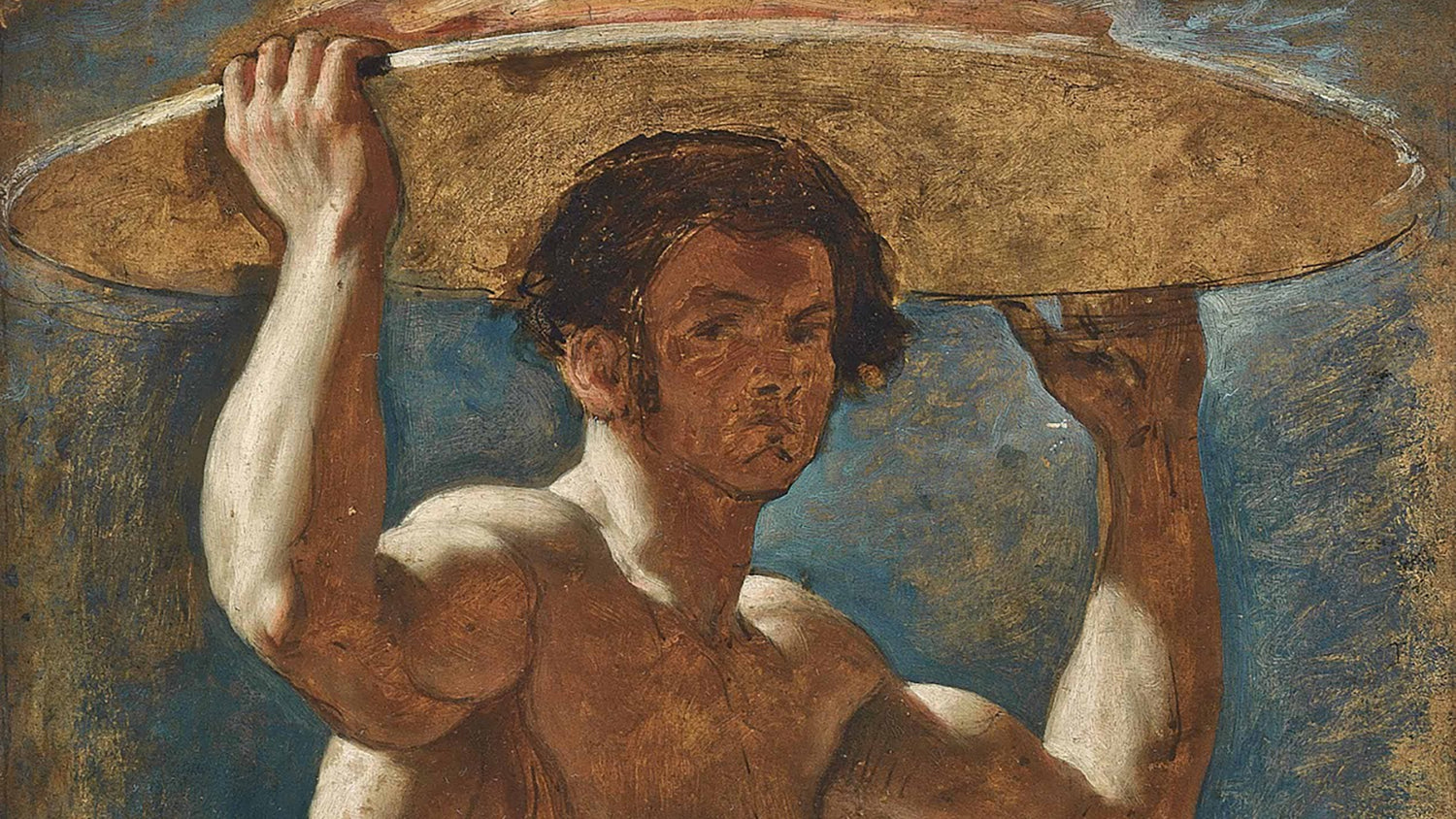
William Etty
William Etty (1787-1849) was an English painter who became a prominent figure...
-
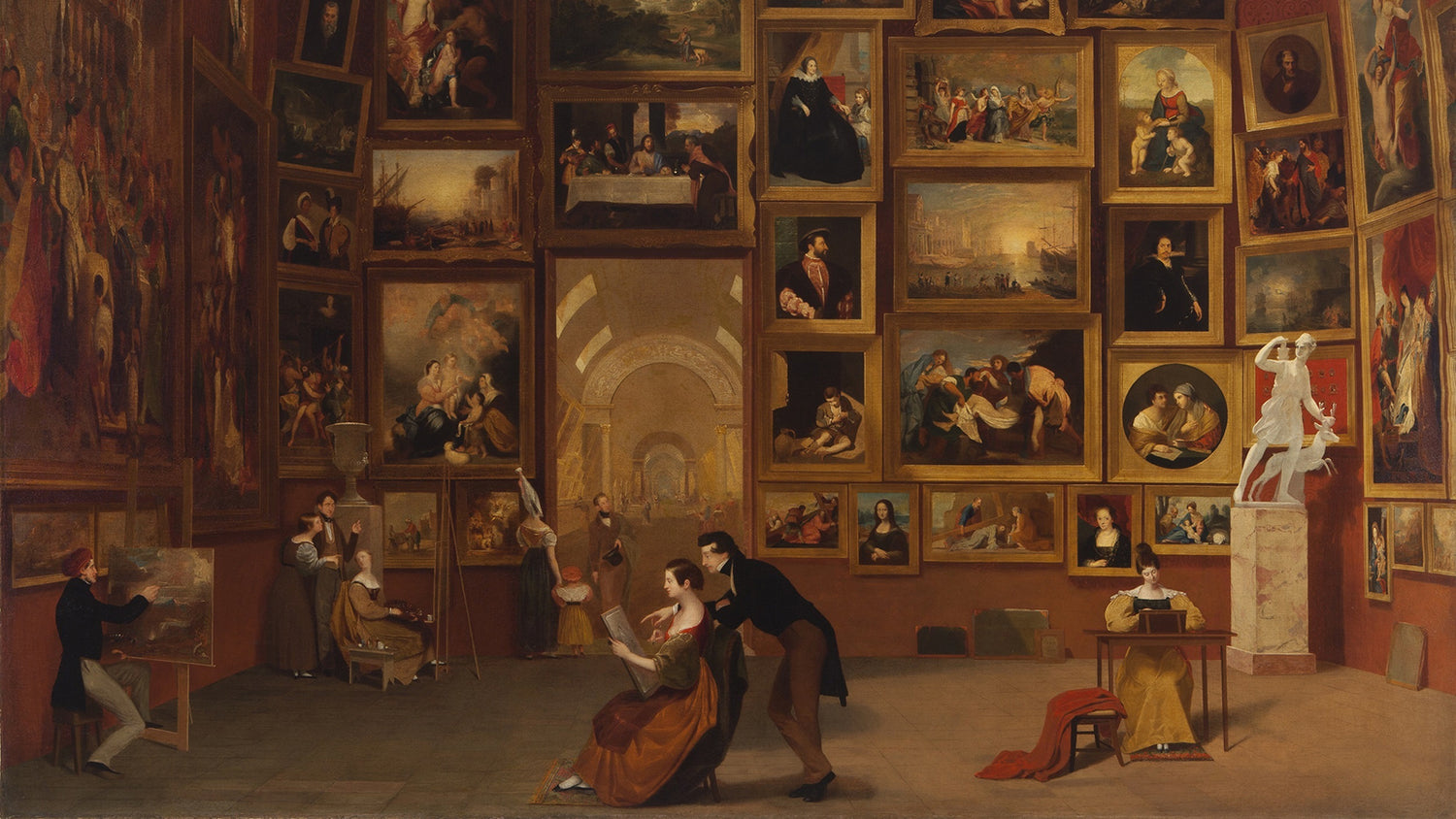
Samuel Morse
Samuel Morse (1791-1872) was an American artist and inventor best known for...
-
Female Portrait 20x22 Black Ornate Wood Framed Art Print Poster with Double Matting by Makovsky, Konstantin
Vendor:Makovsky, KonstantinRegular price $149.99 USDRegular priceUnit price per

































